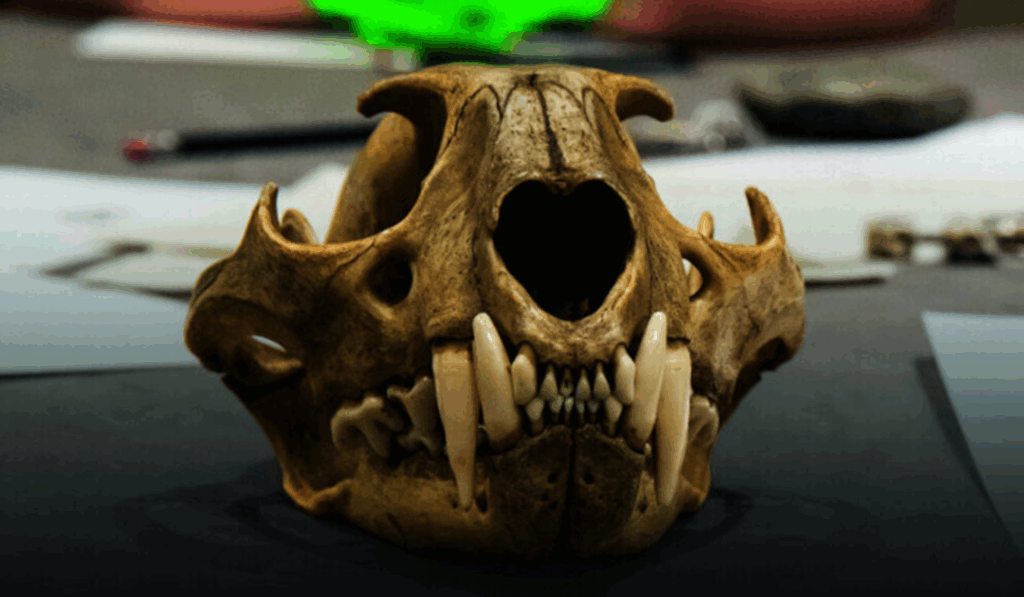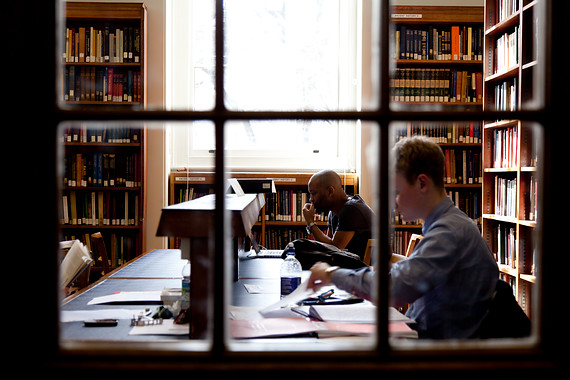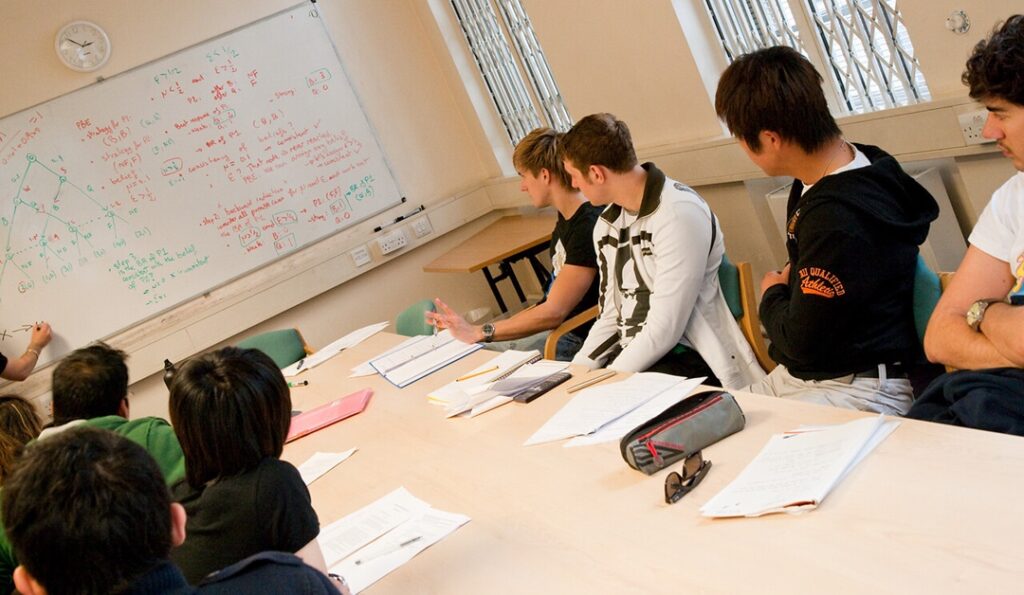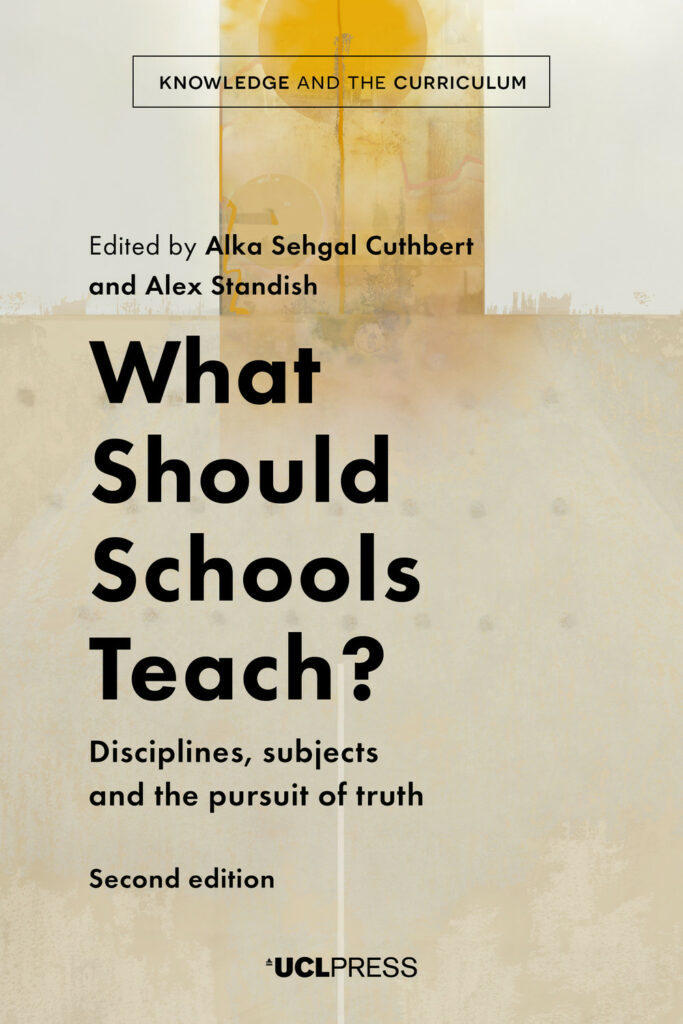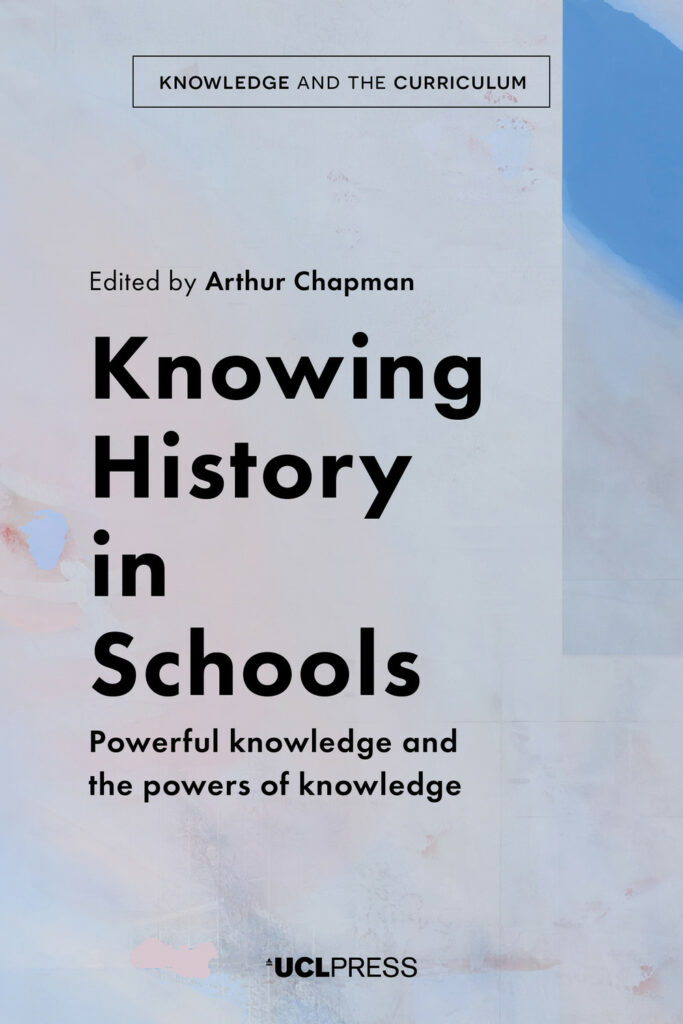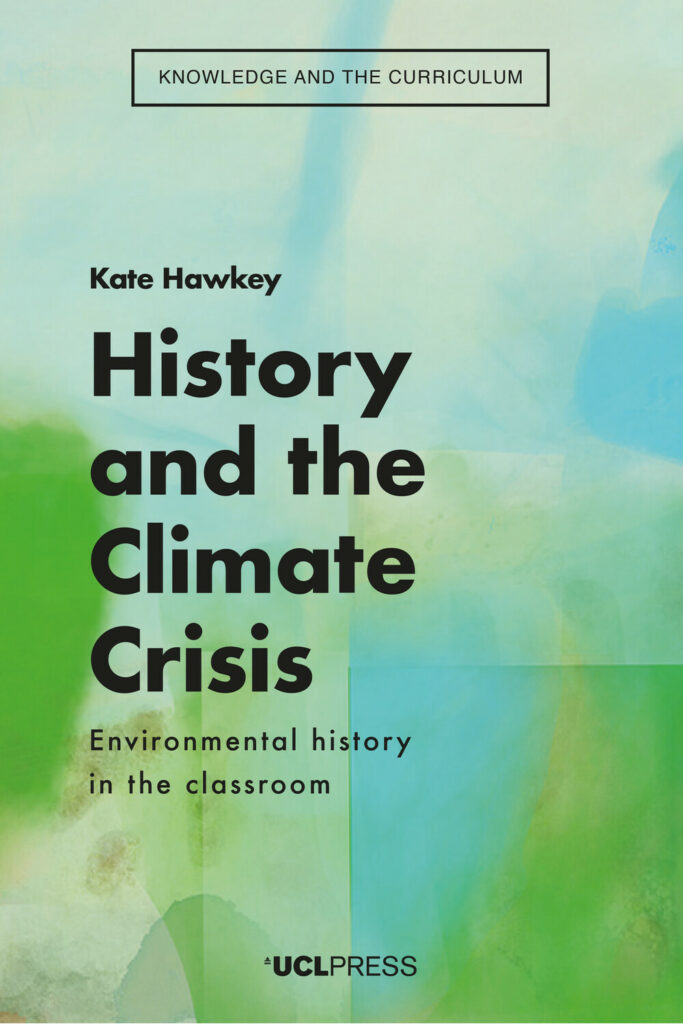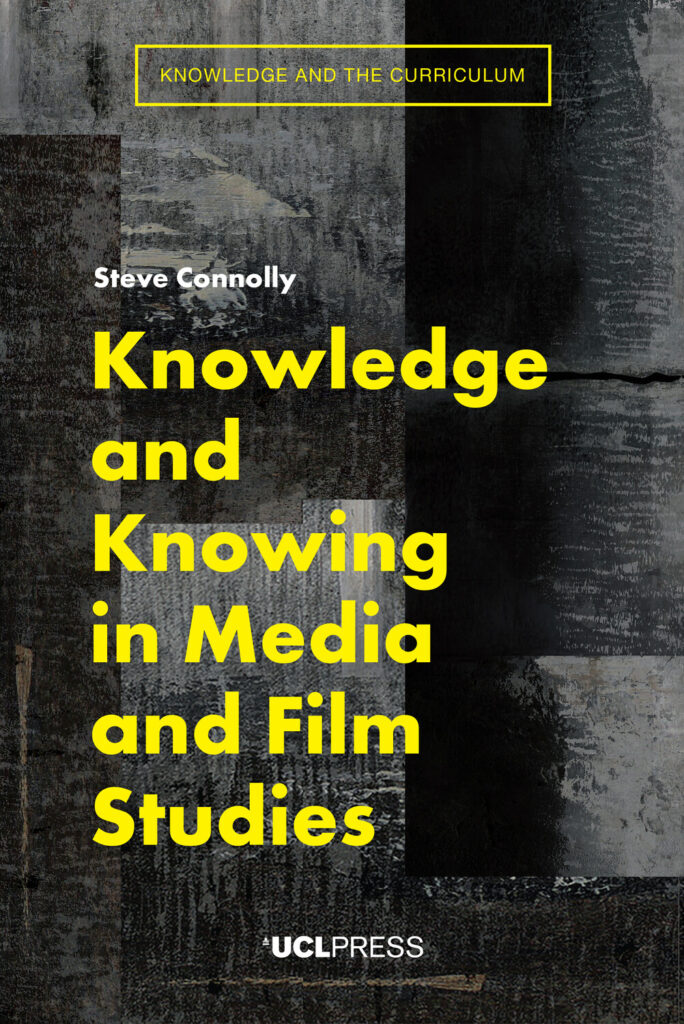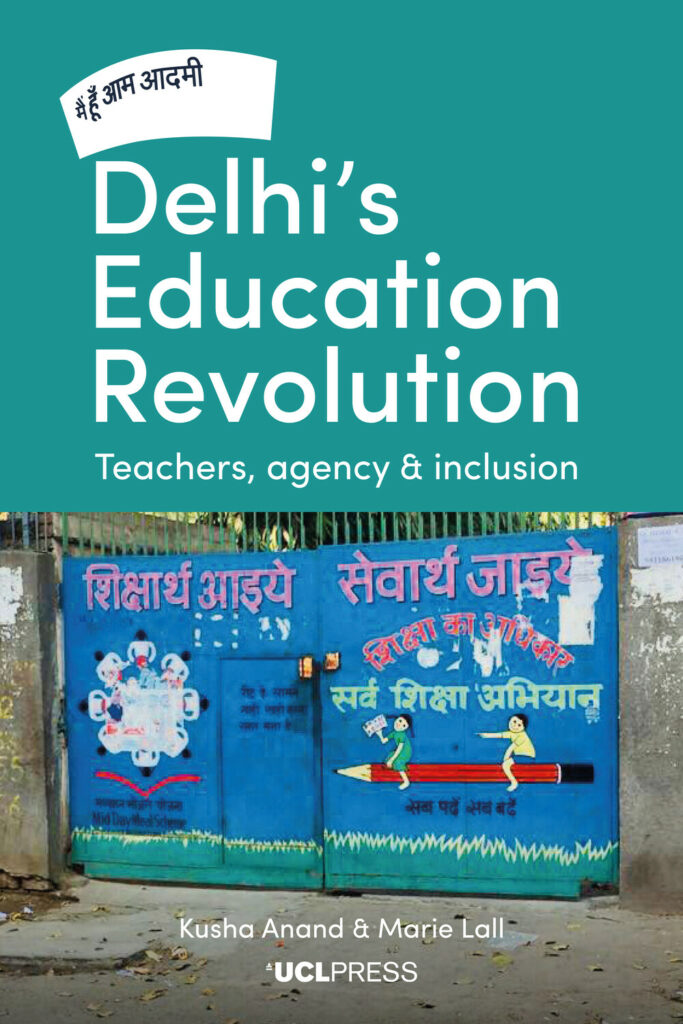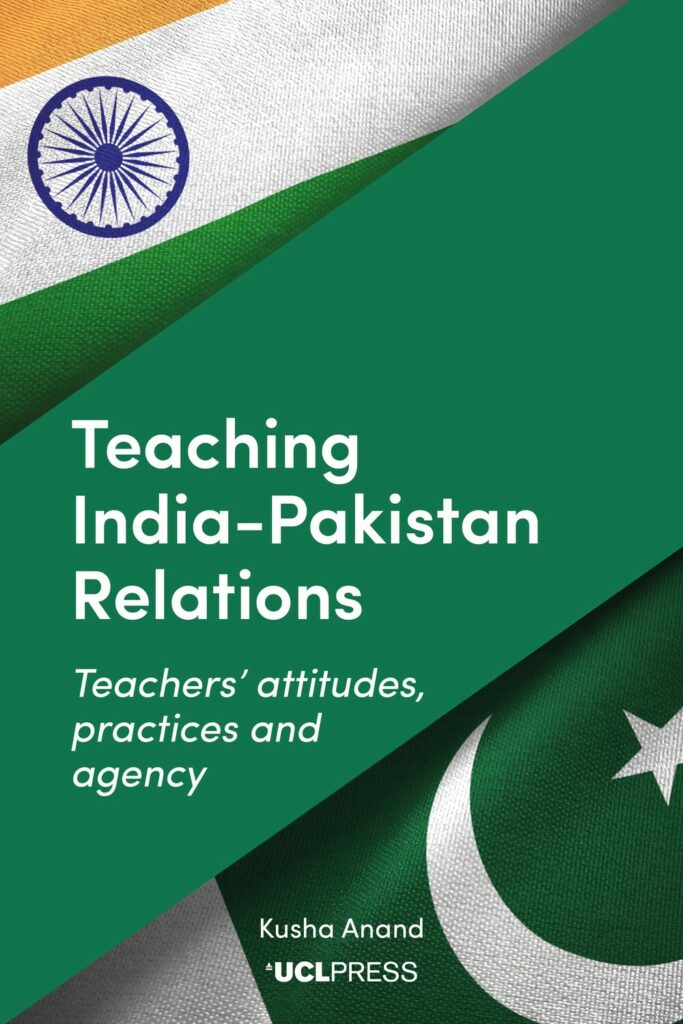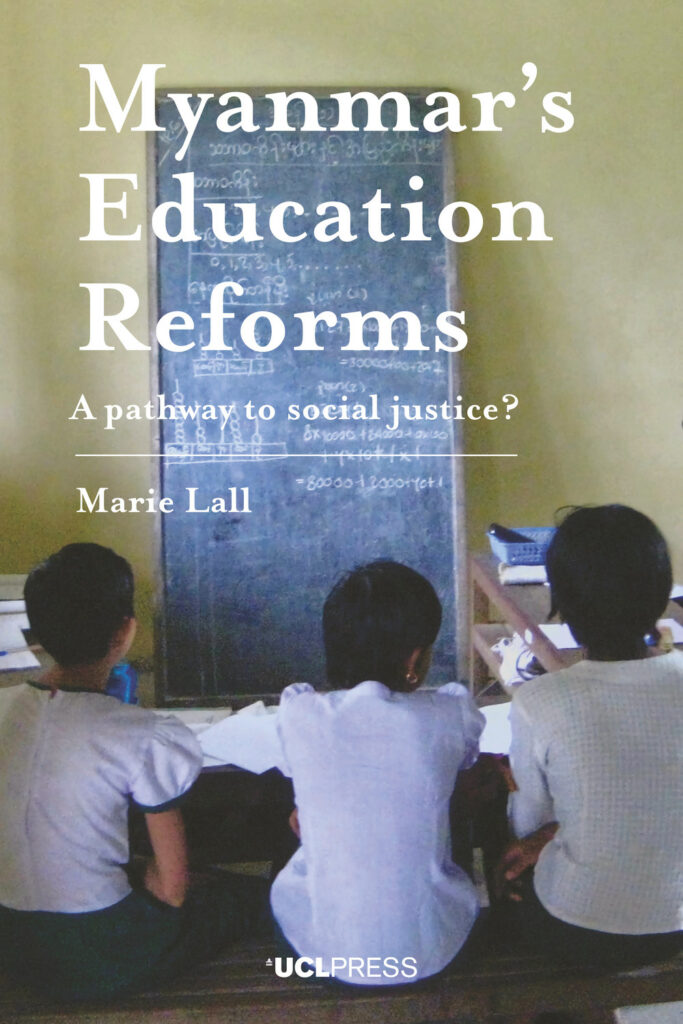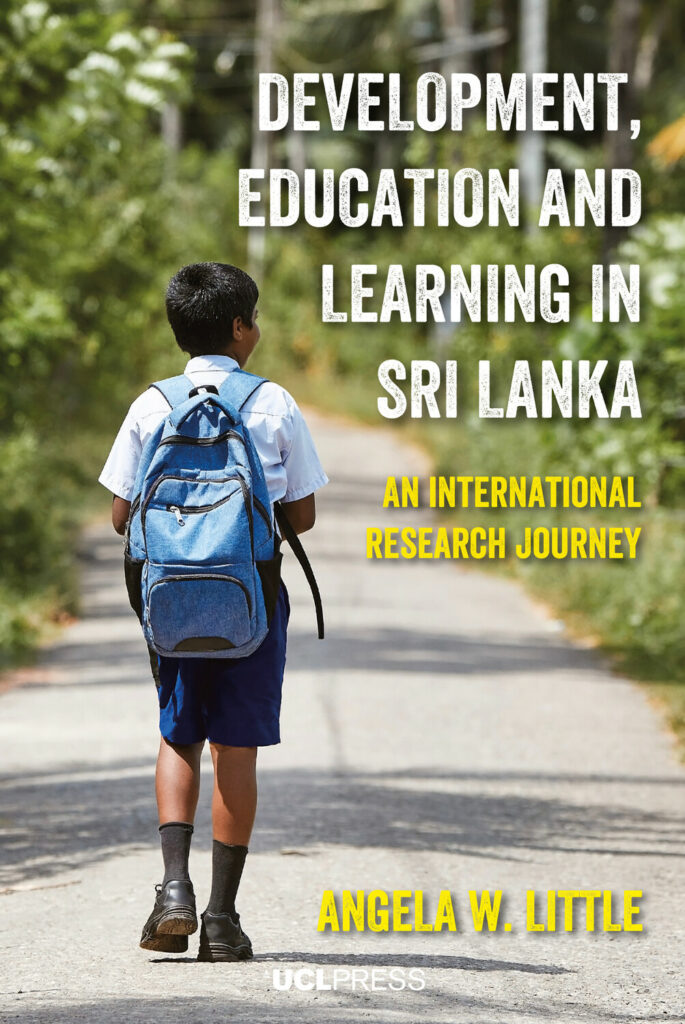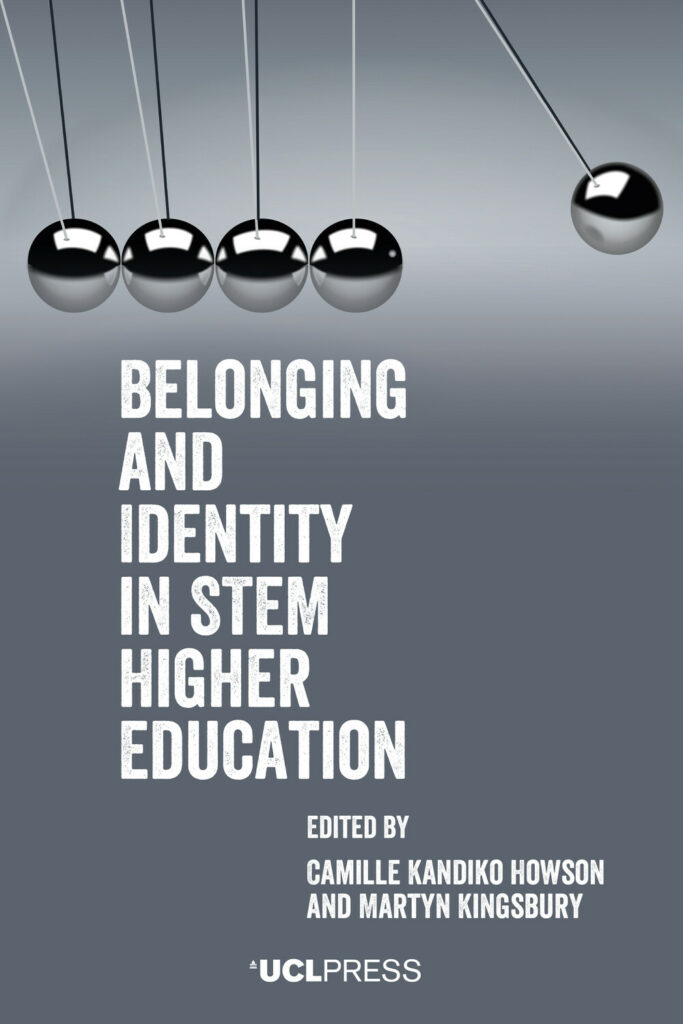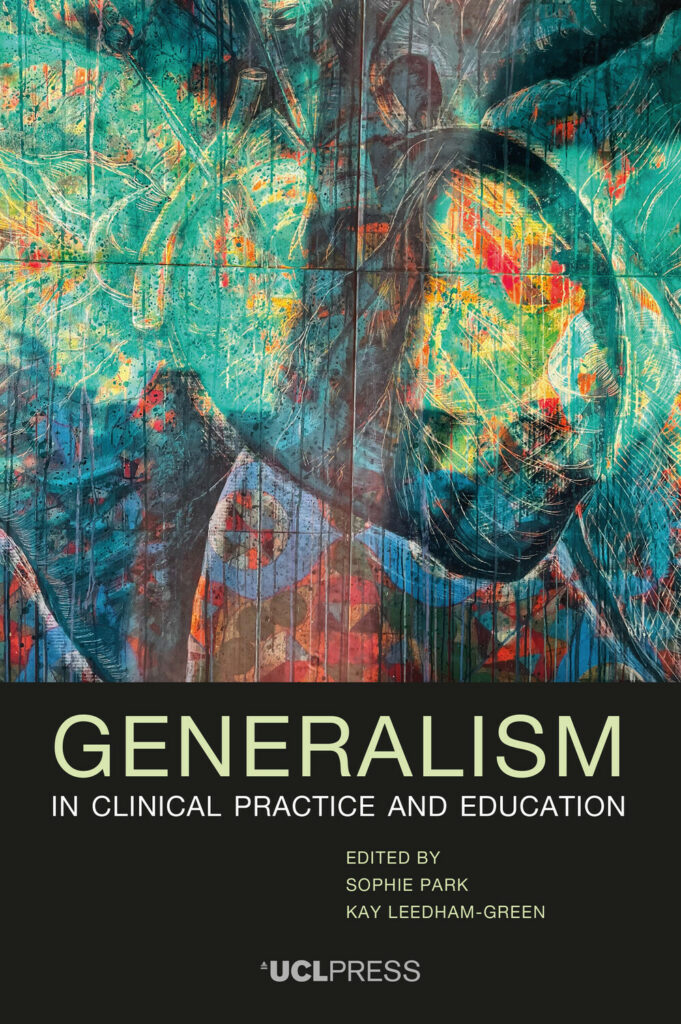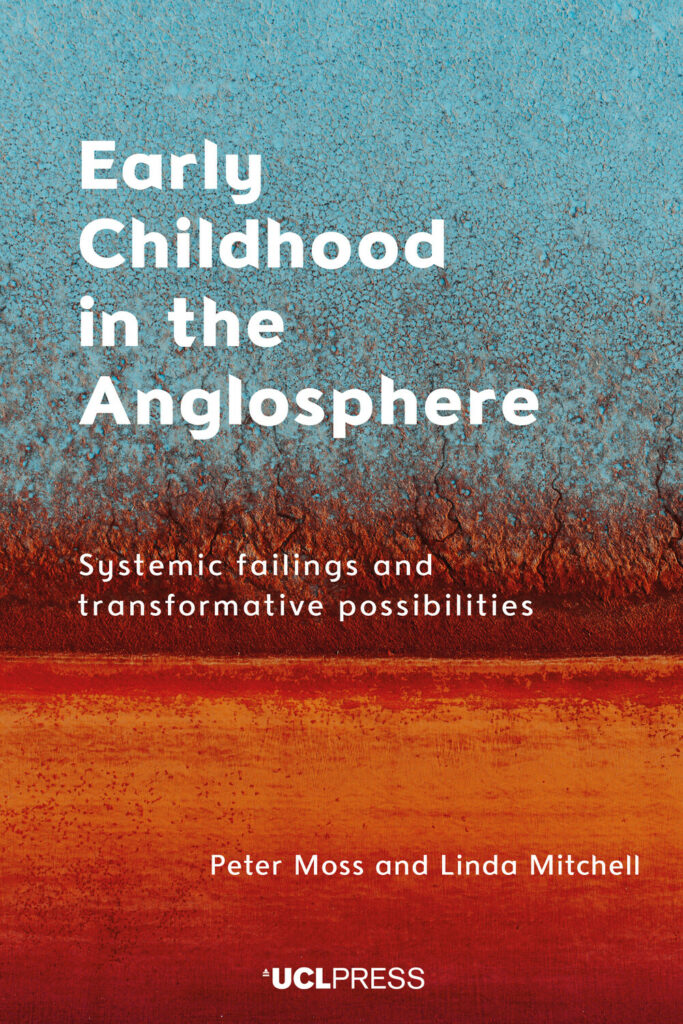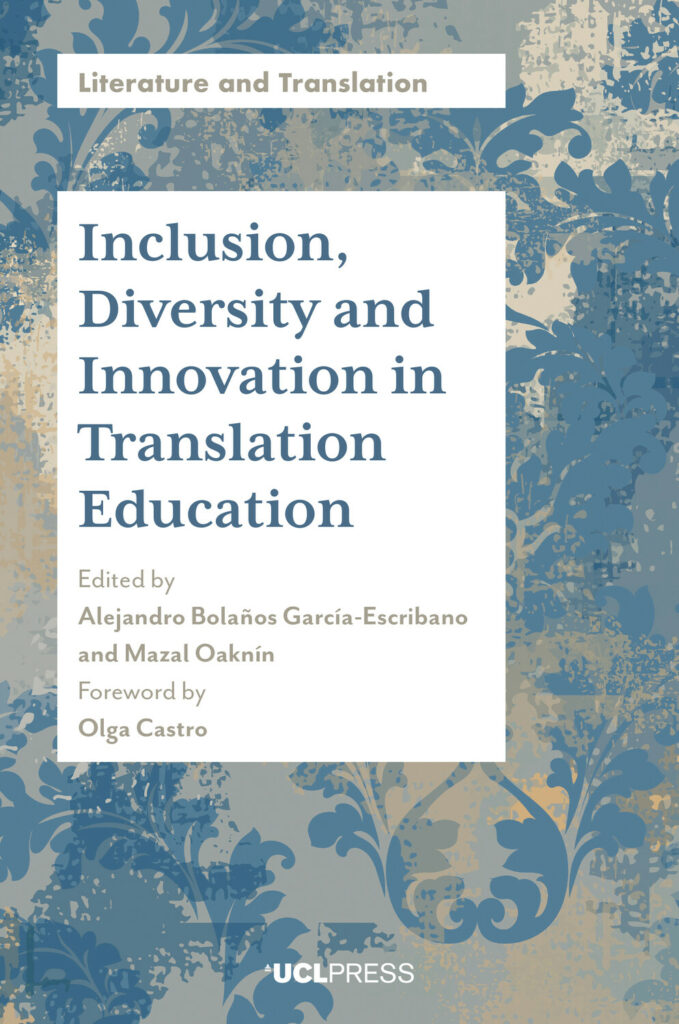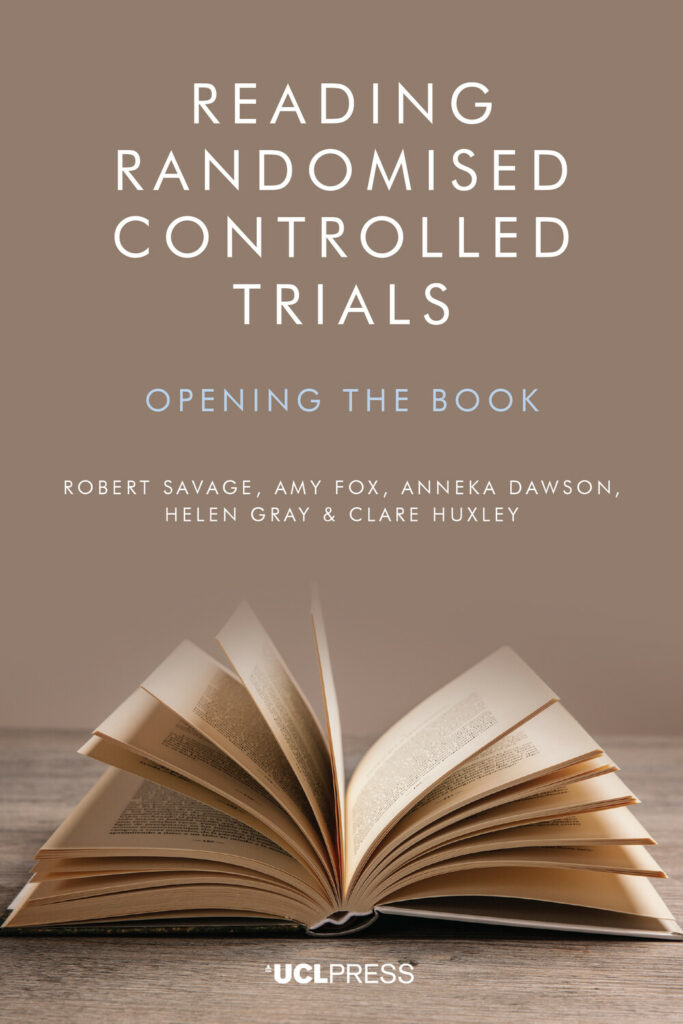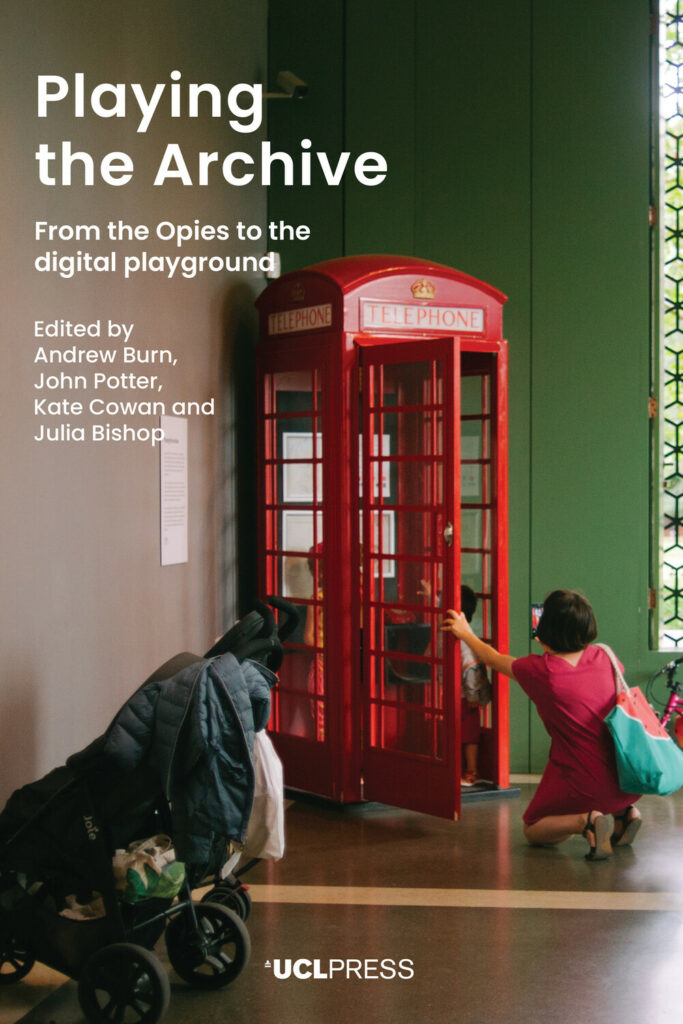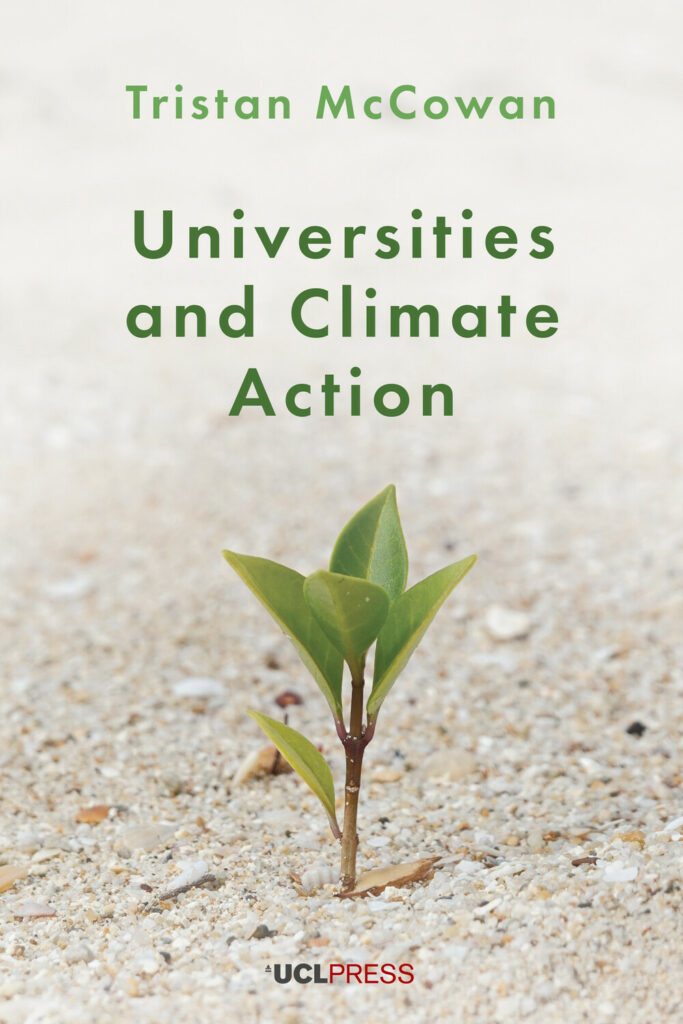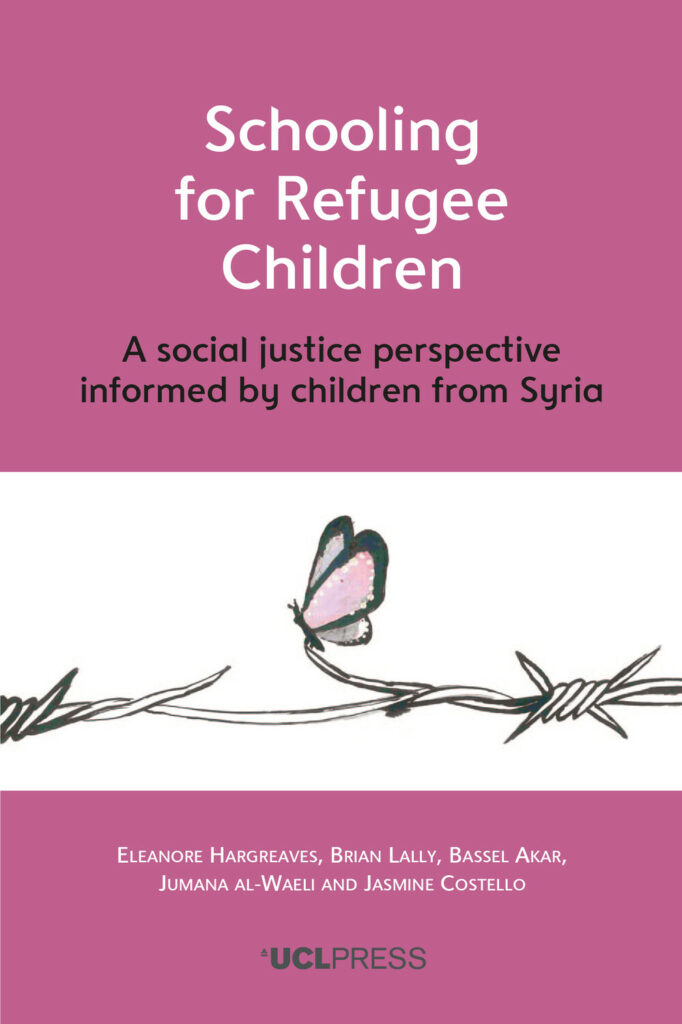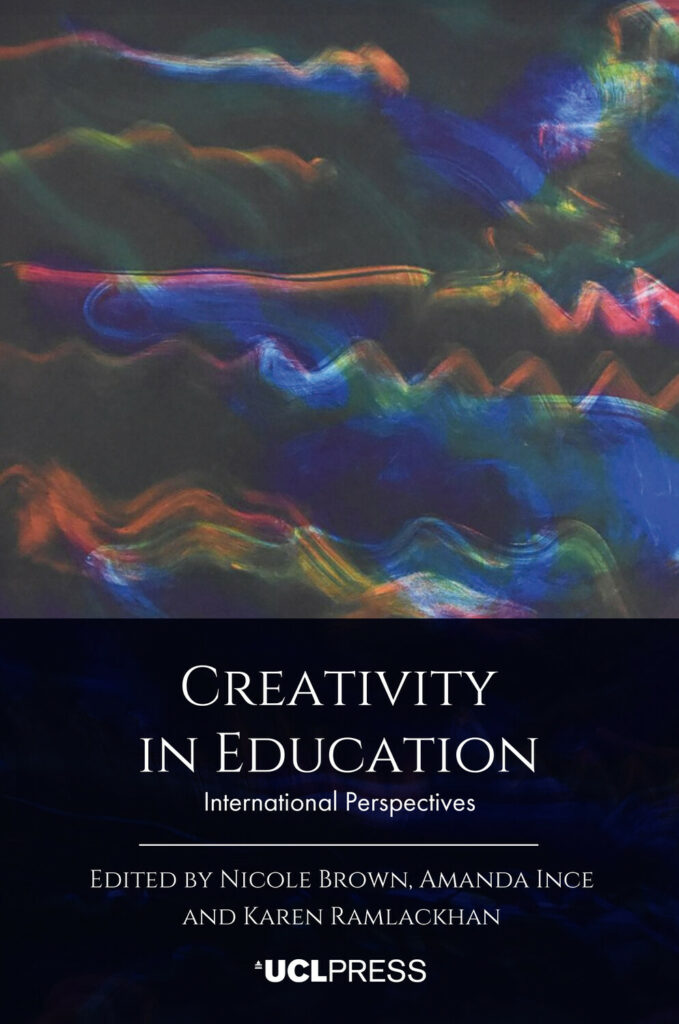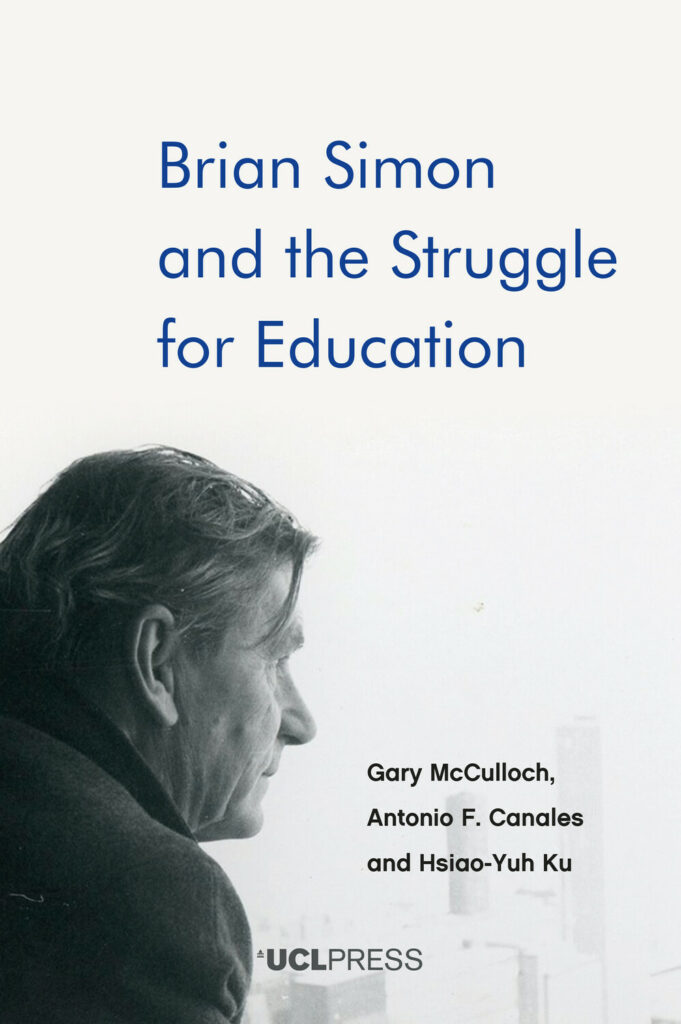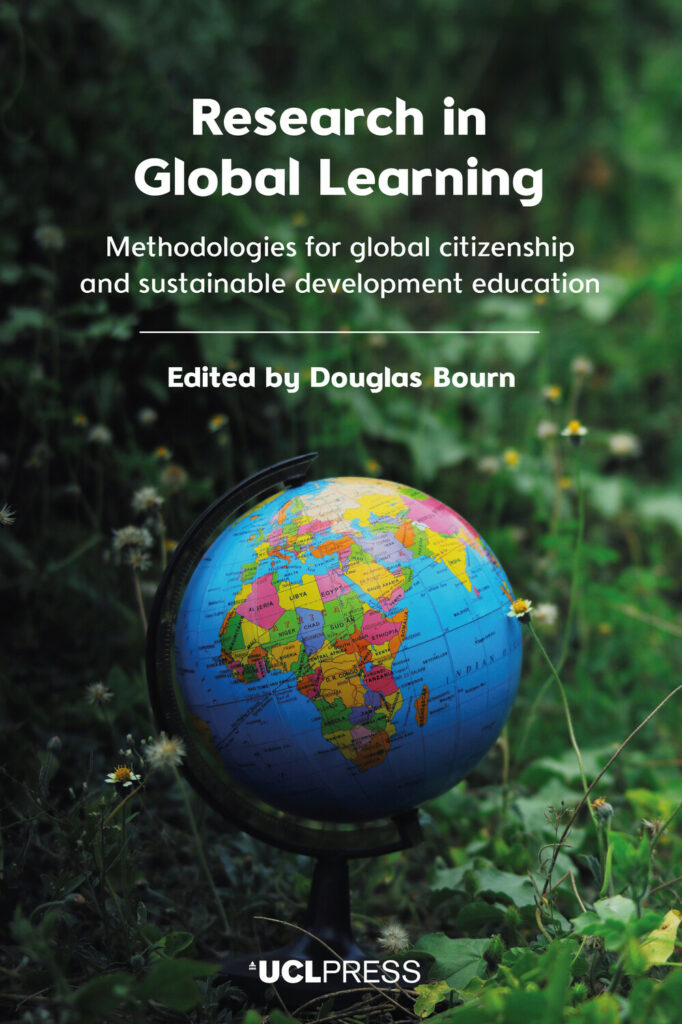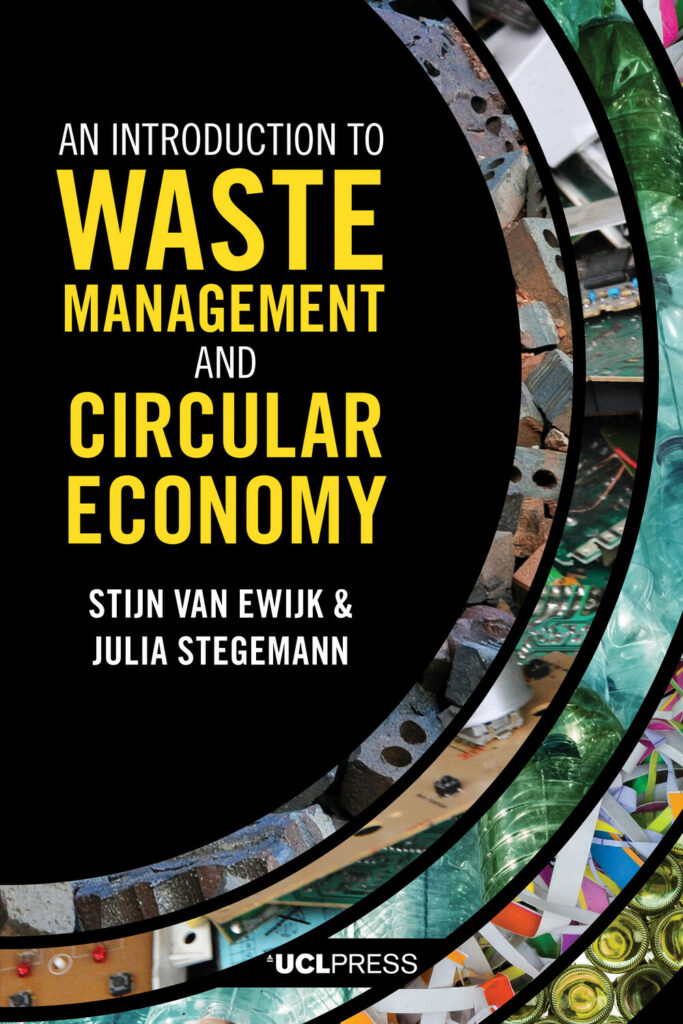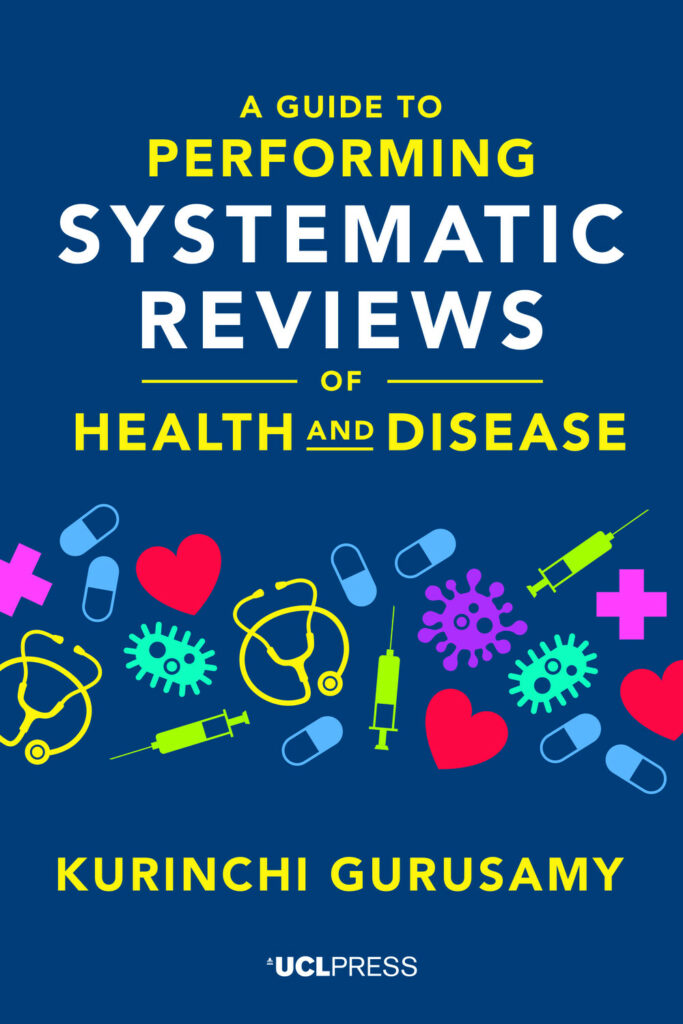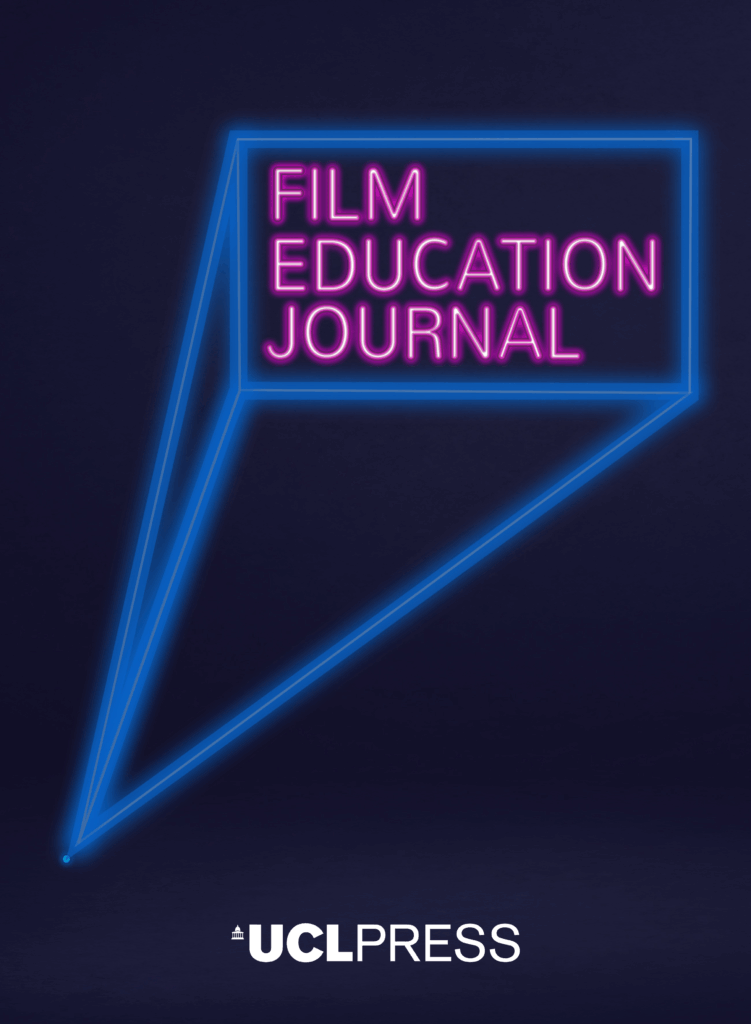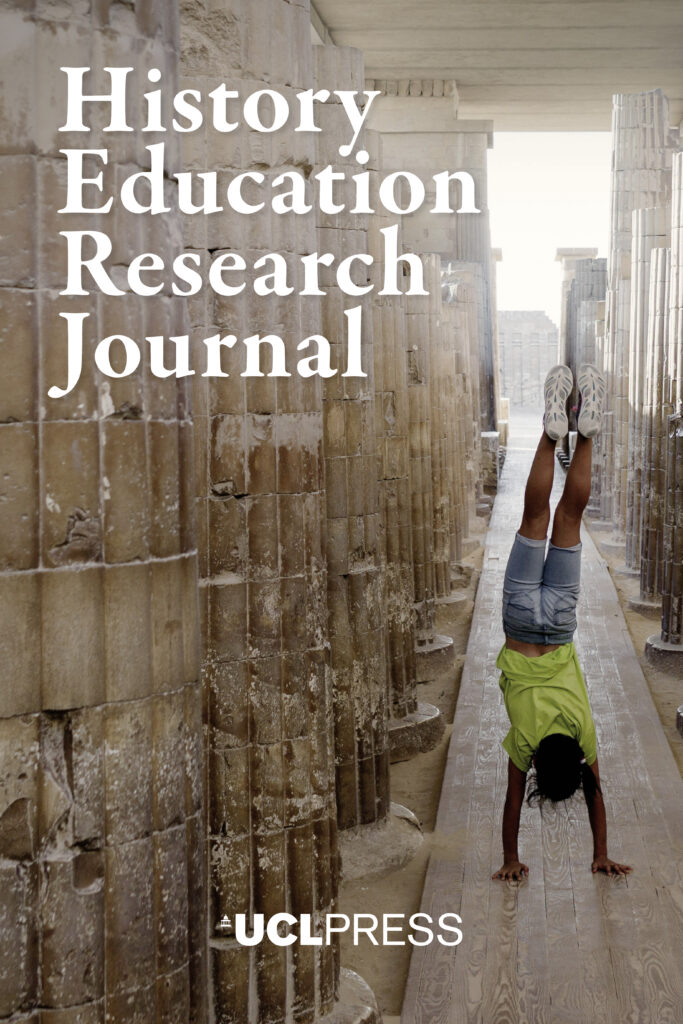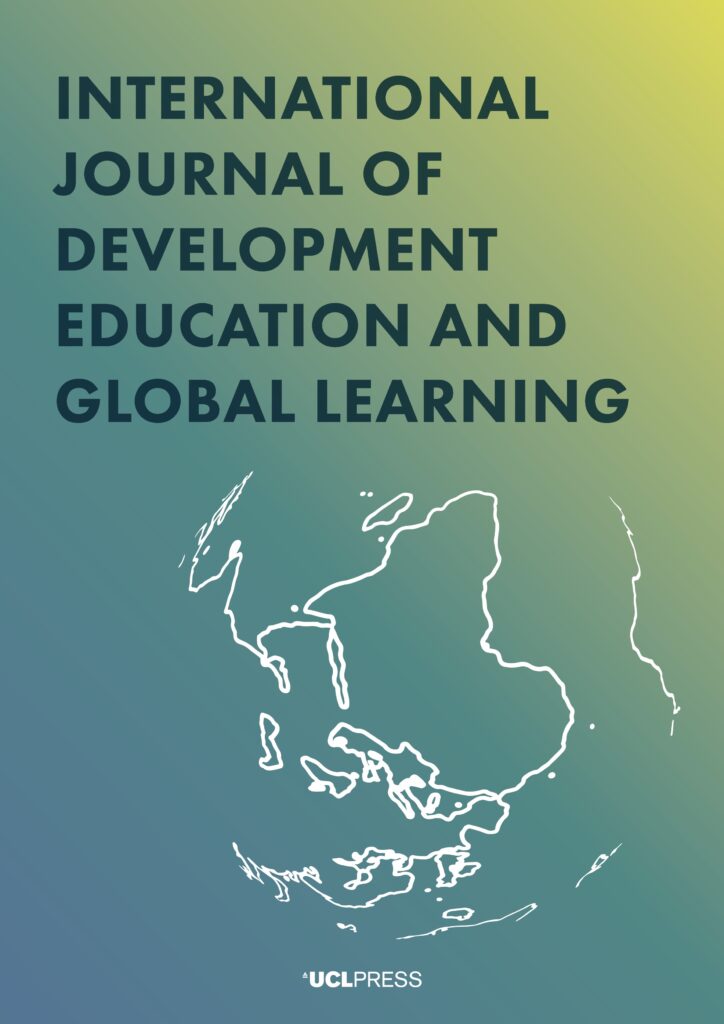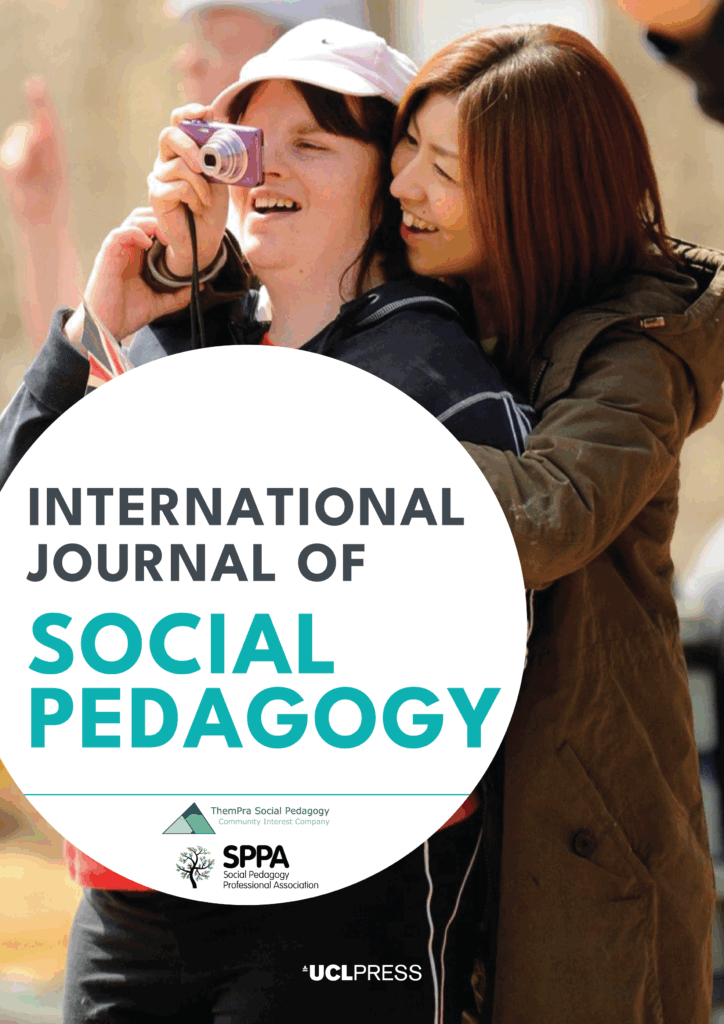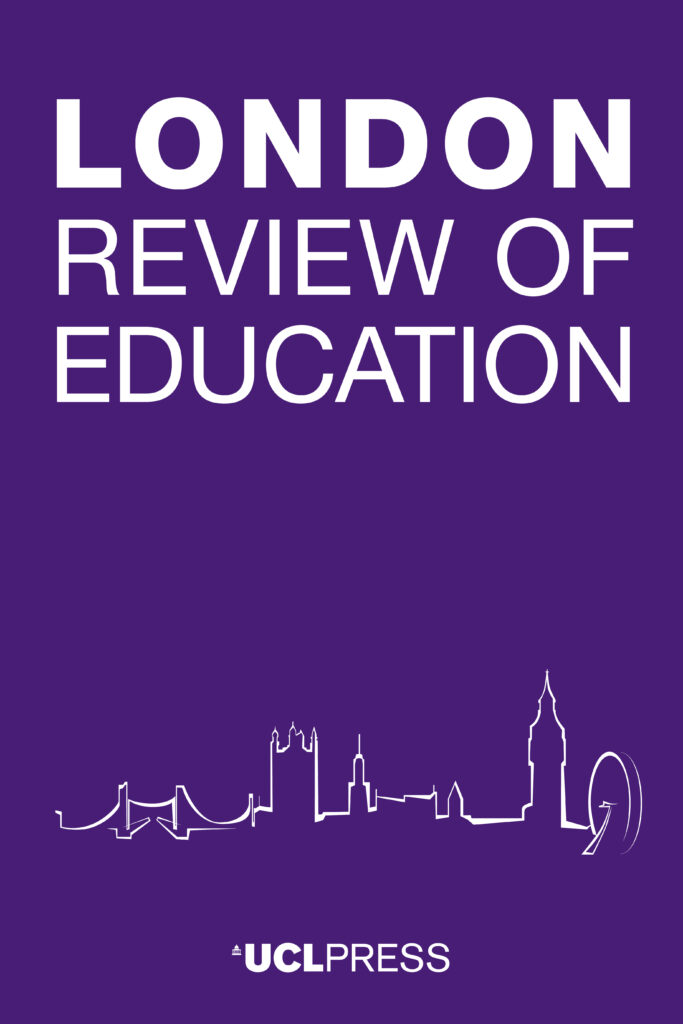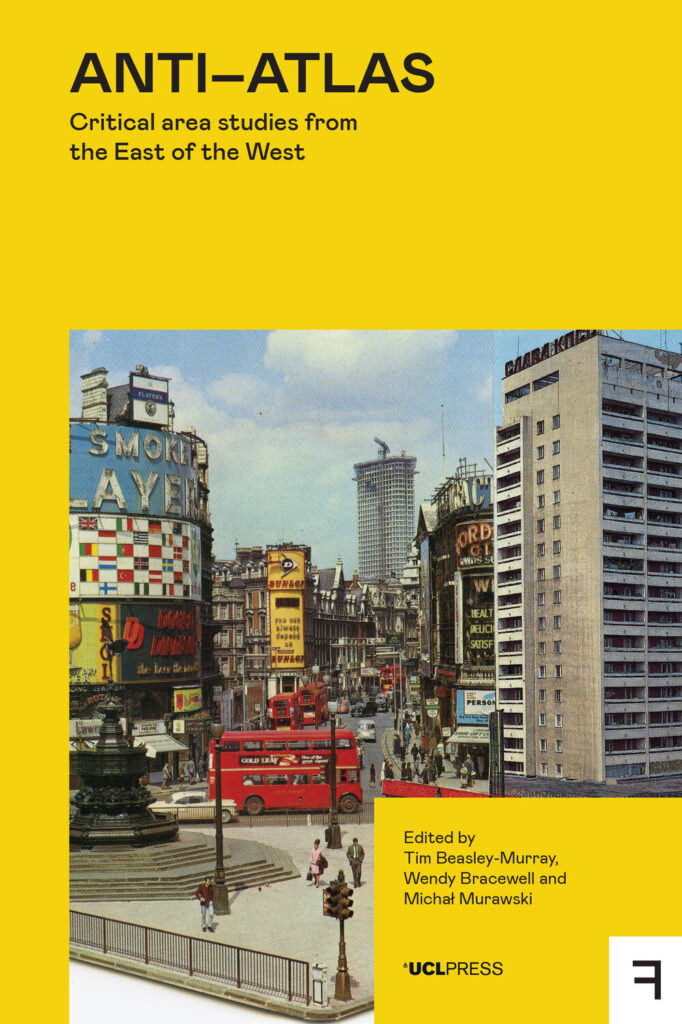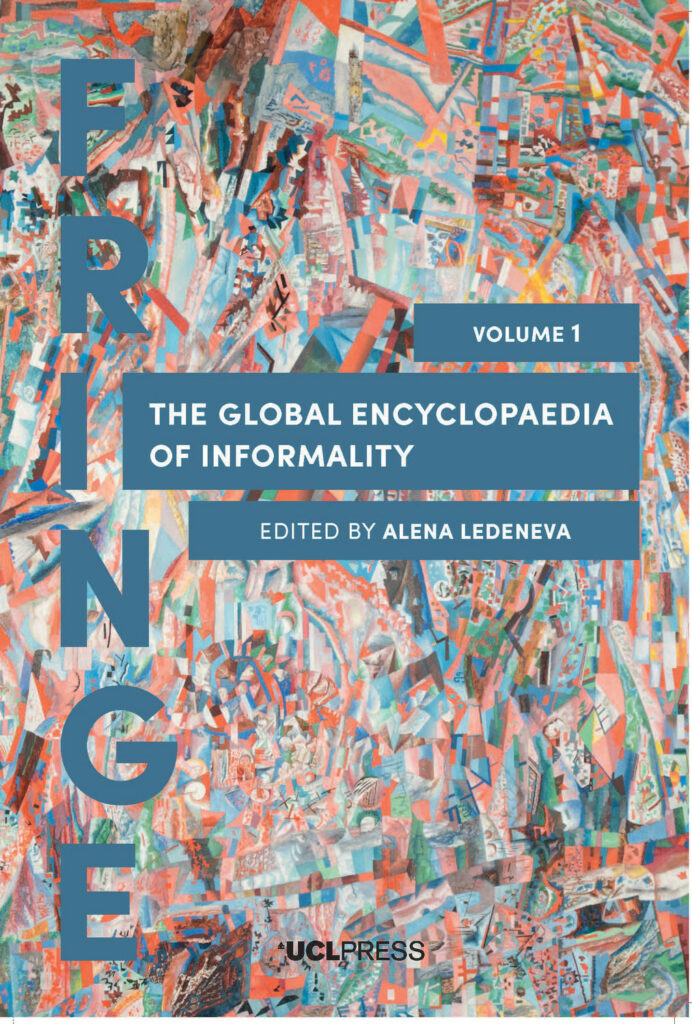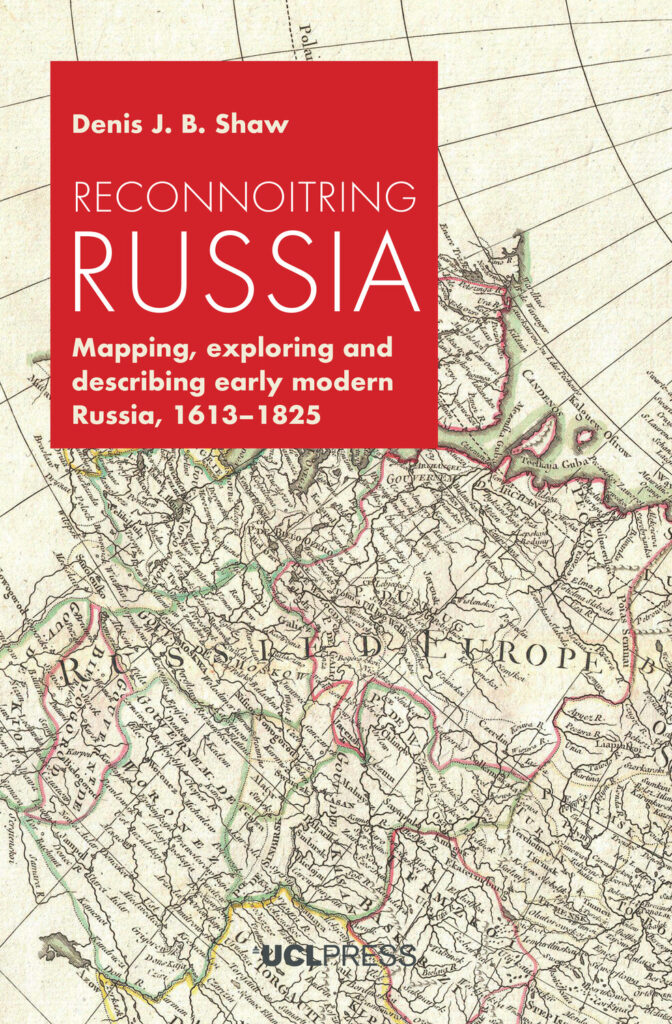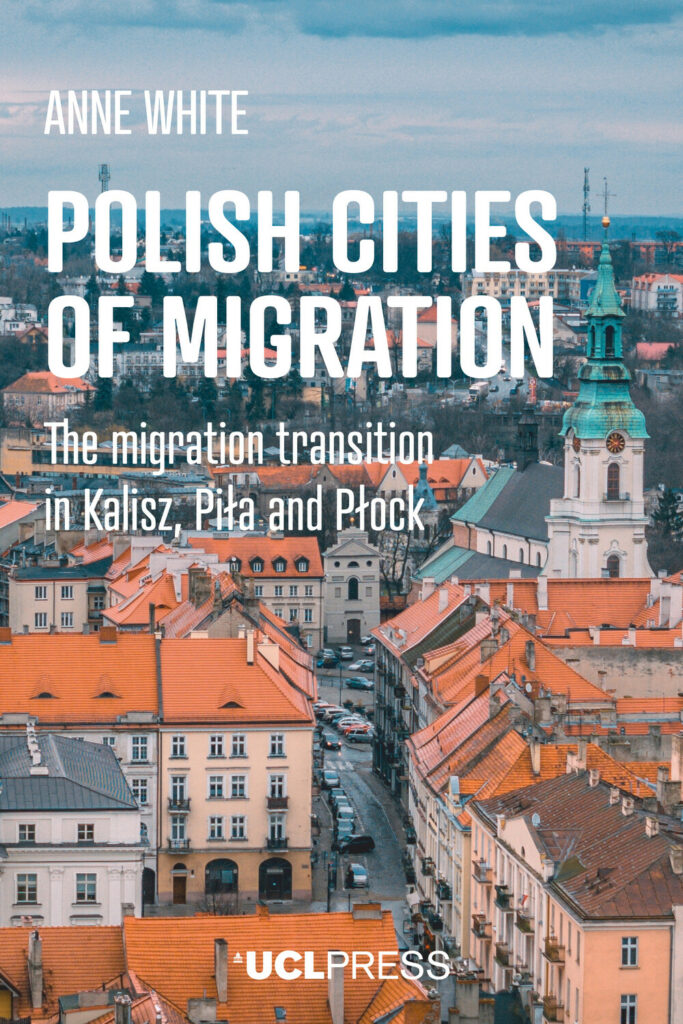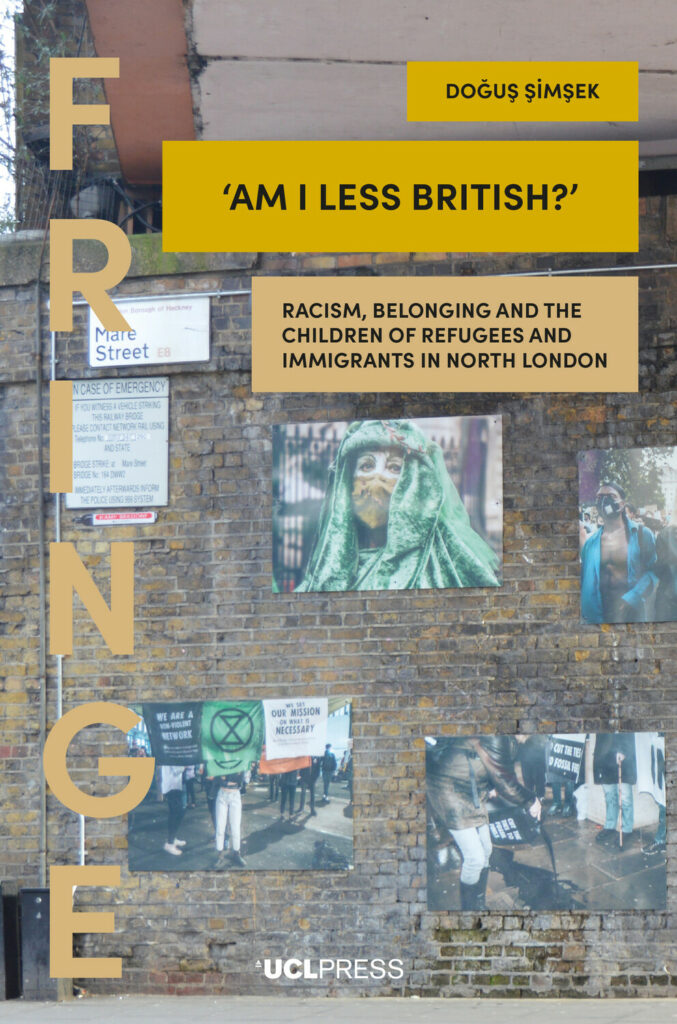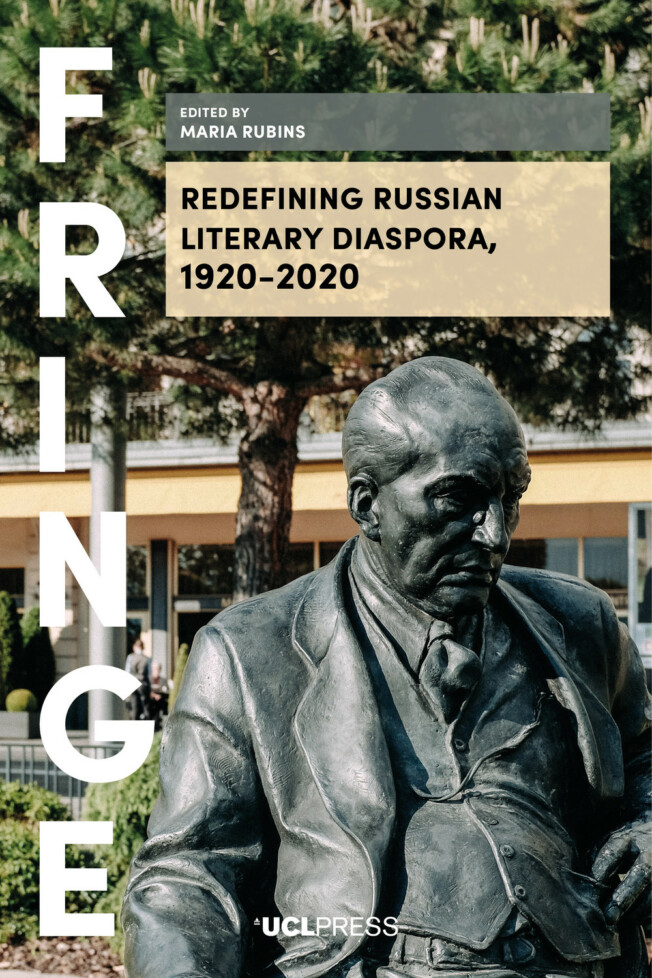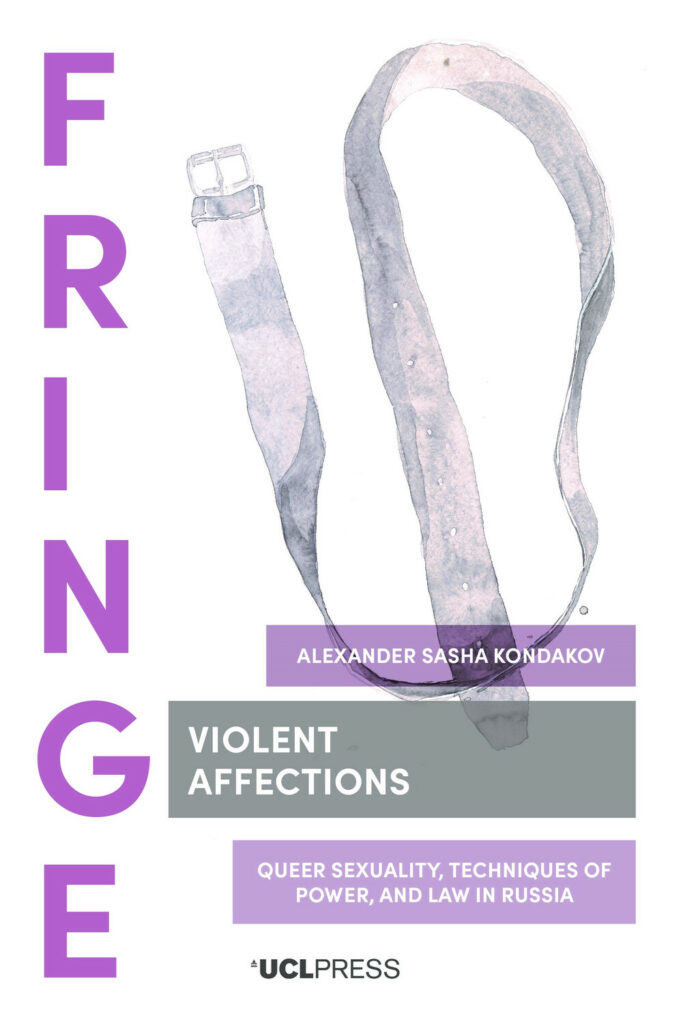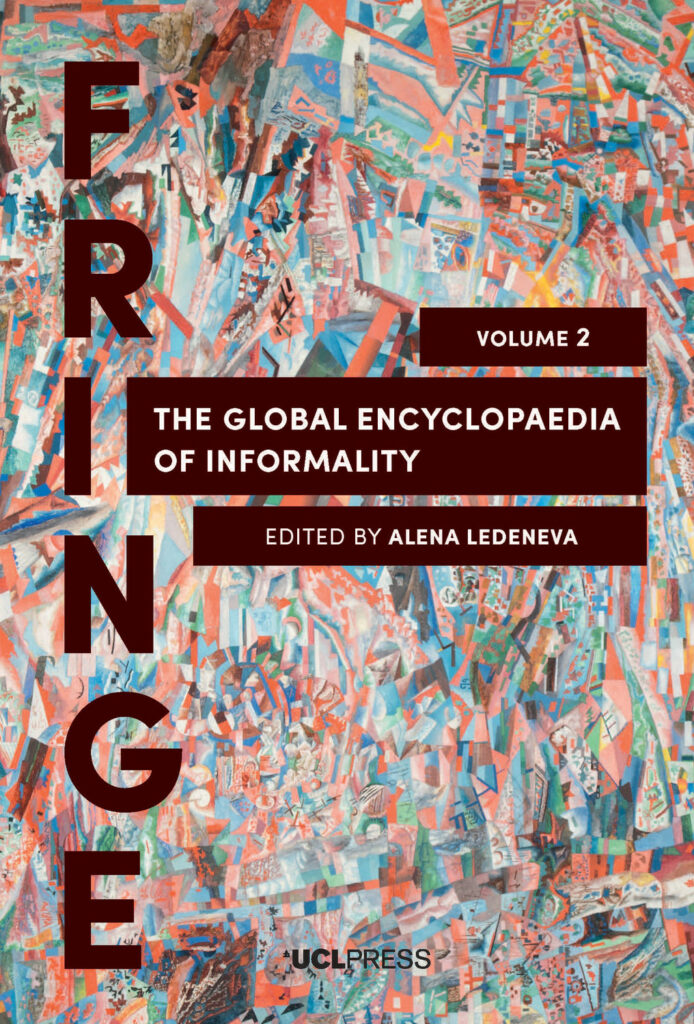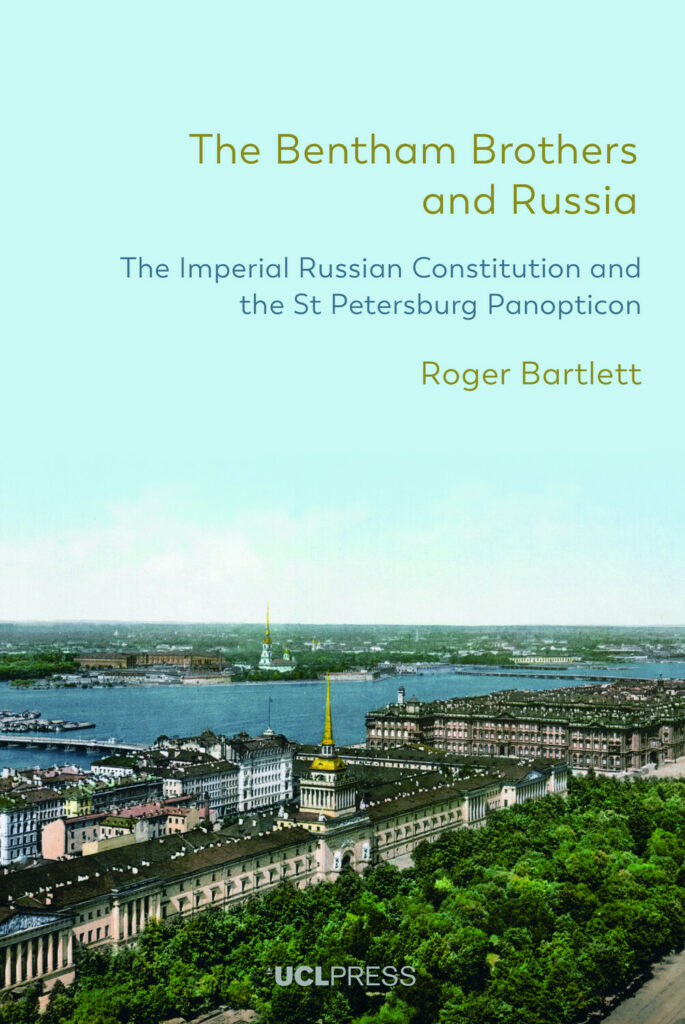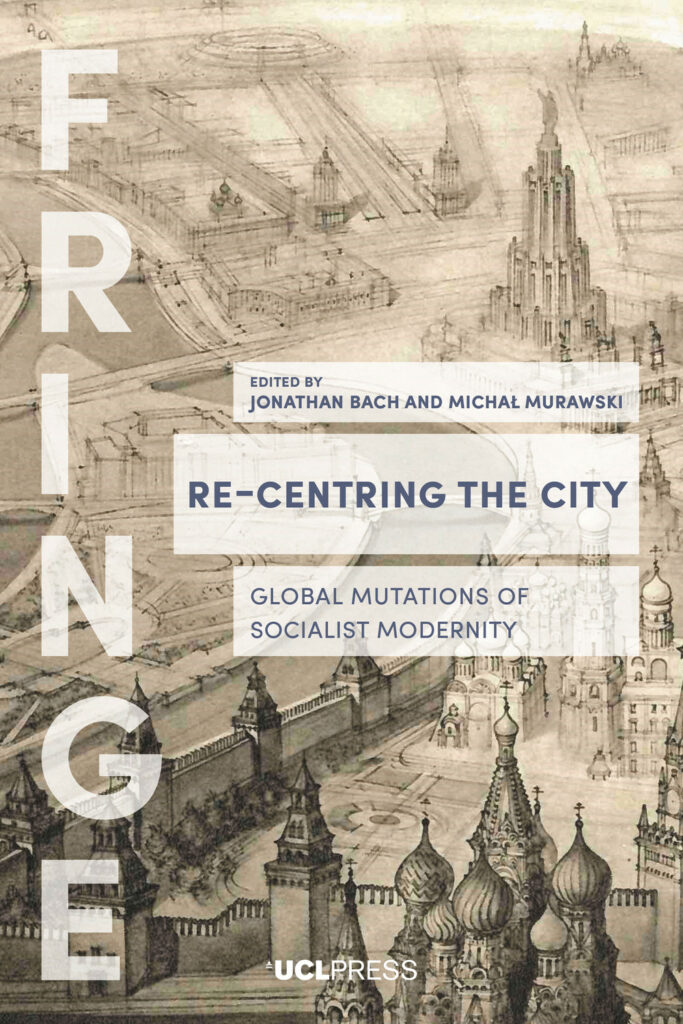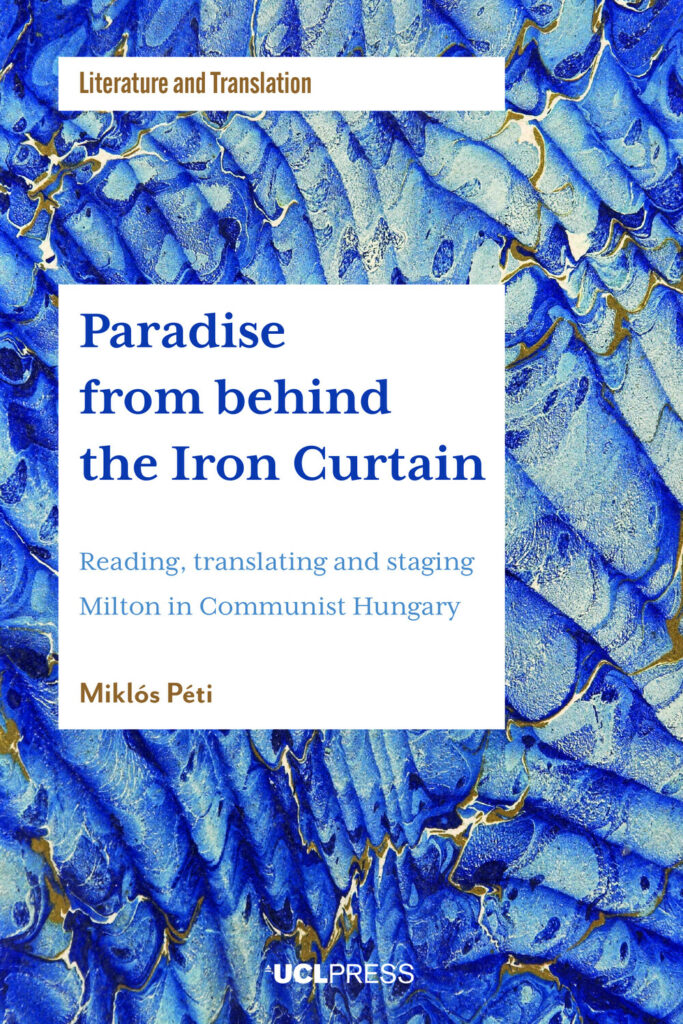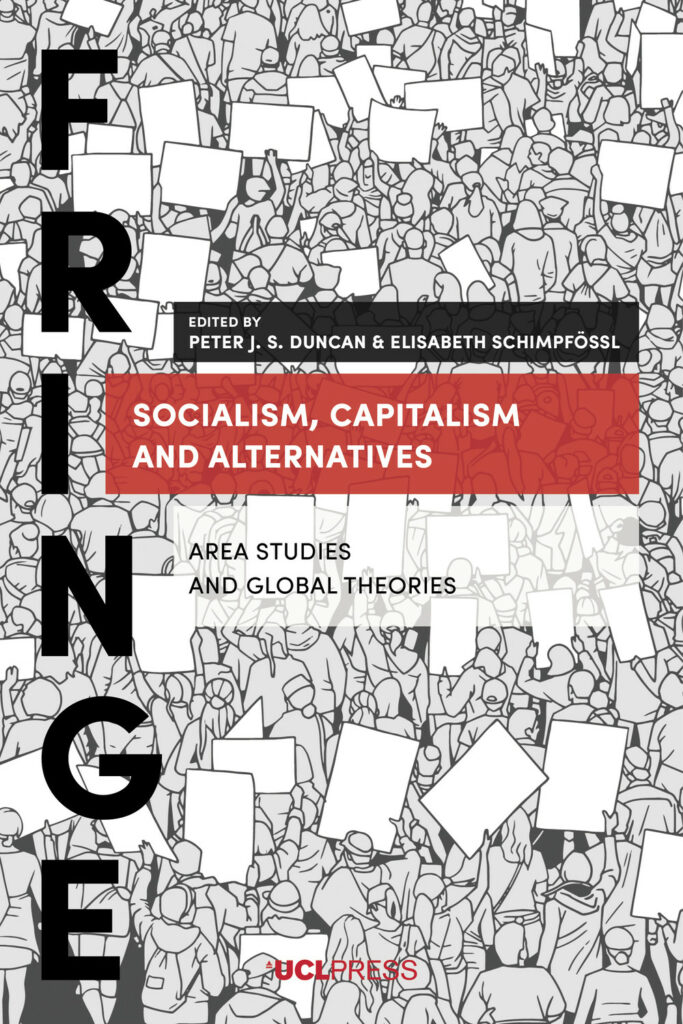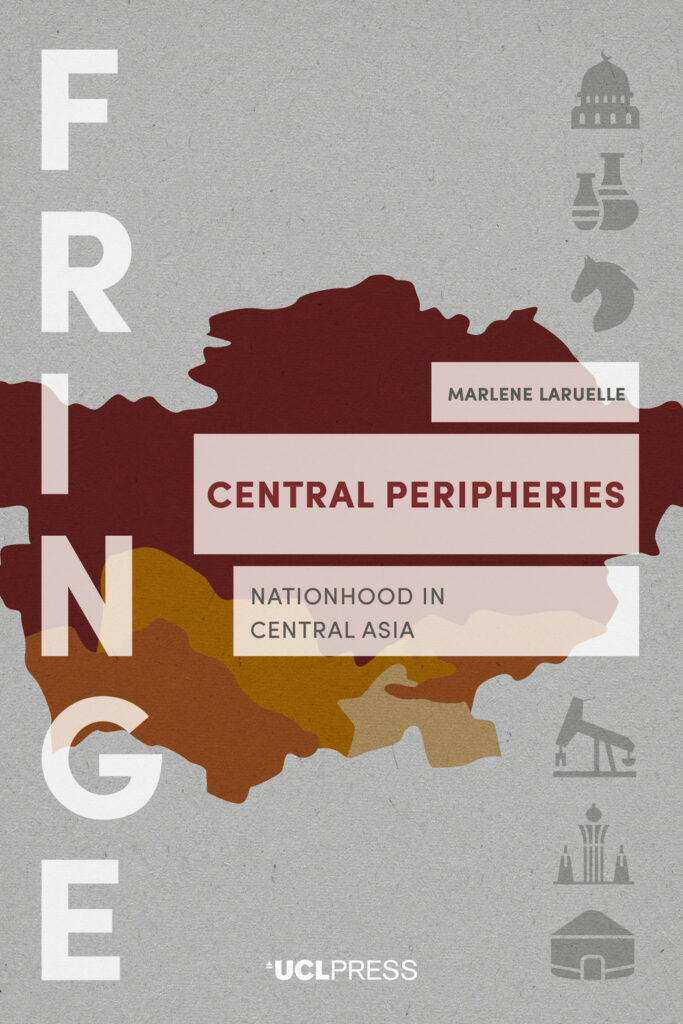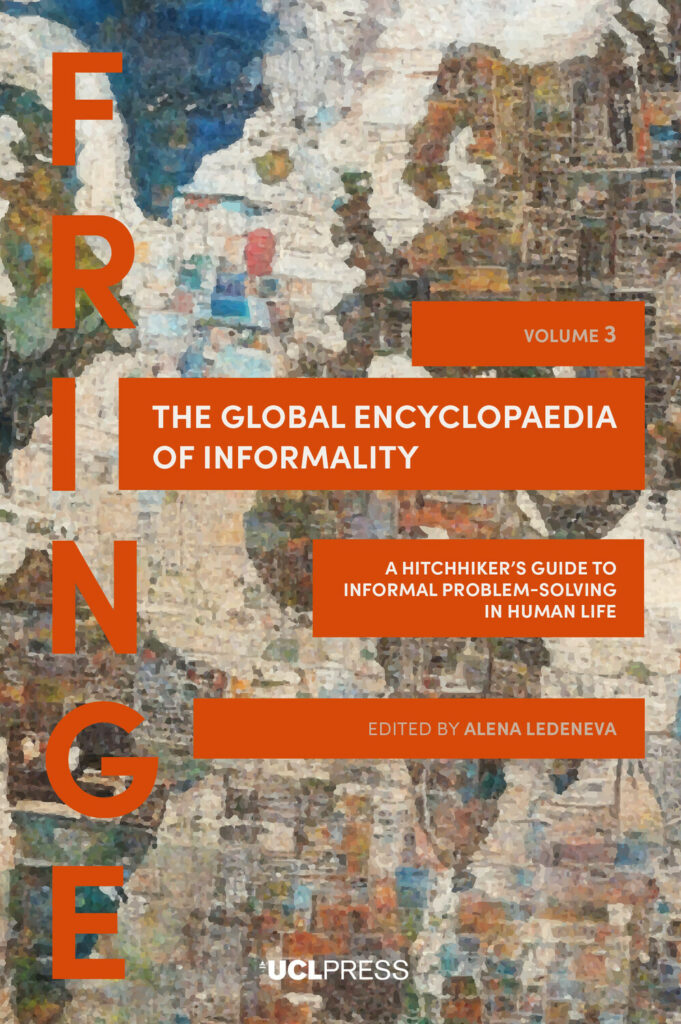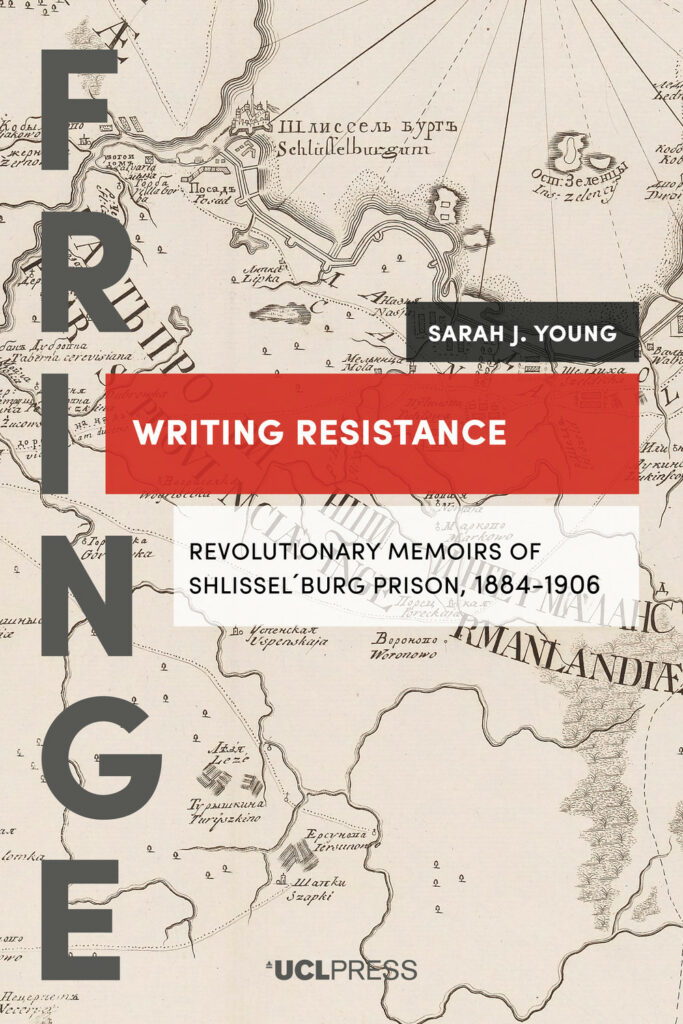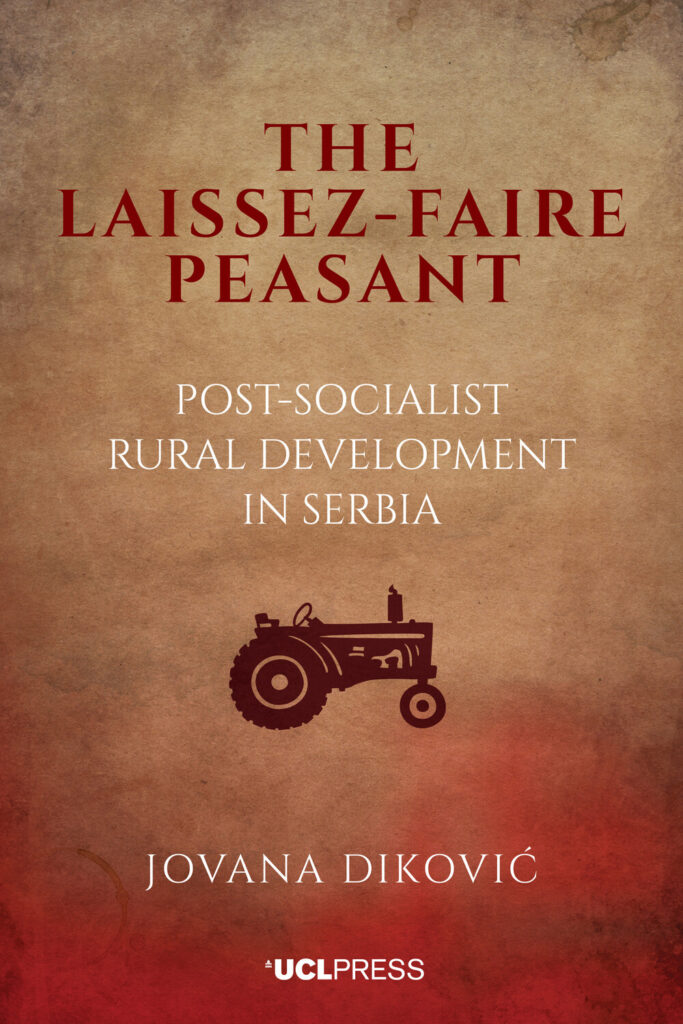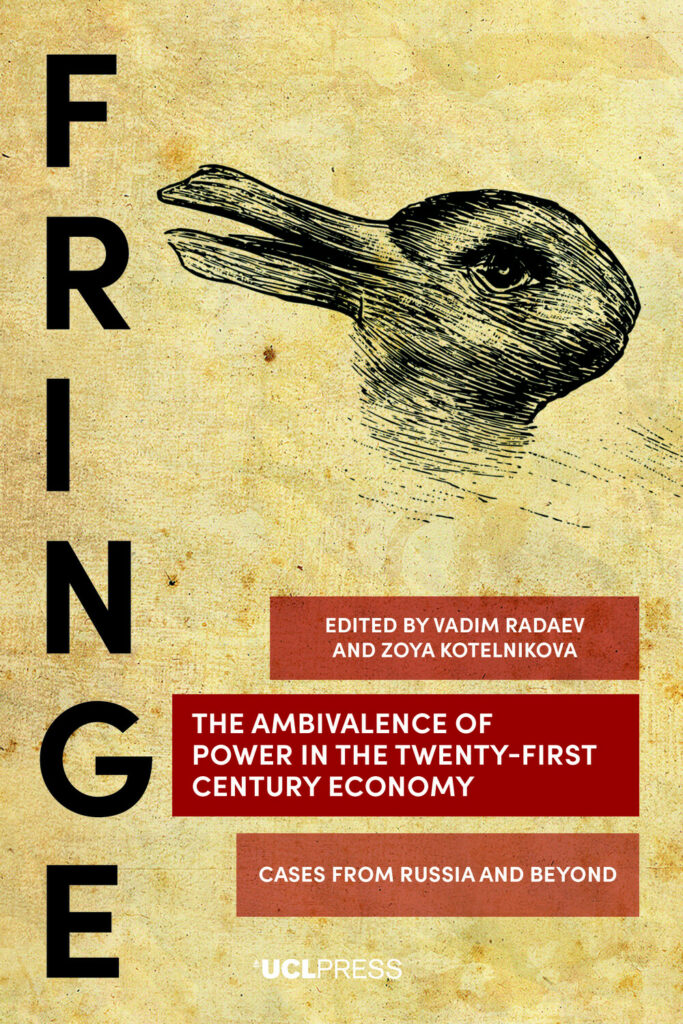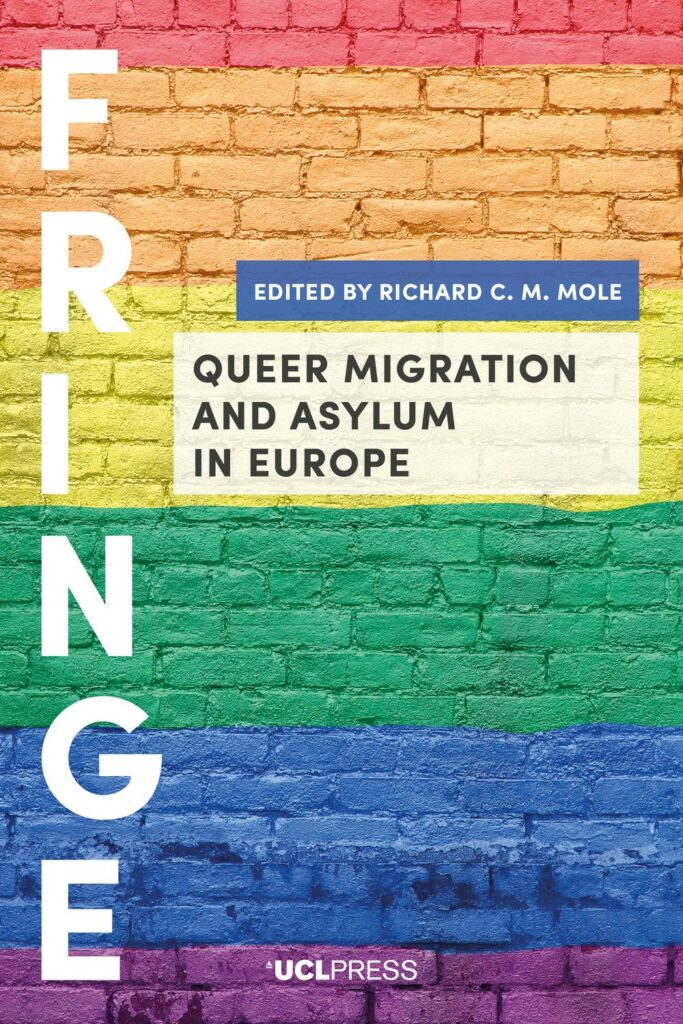To mark European Day of Languages, Kasia Łanucha and Alexander Bleistein consider the changing needs of ab initio language learners in UK universities in this excerpt from their chapter in Ab Initio Language Teaching in British Higher Education: The Case of German. They argue that teachers need to be aware of the implications of volatility, uncertainty, complexity and ambiguity (VUCA) for their students. As the first generation of digital natives are now at university, these students’ approach to learning is more focused on online materials, and teachers need to adapt in order to maintain the students’ interest.
How can language teachers support Generation Z students in developing the skill set needed in the post-pandemic VUCA world? Here are six takeaway points based on teaching experiences during German language classes at the Centre for Languages and Inter-Communication (CLIC) within the Engineering Department of the University of Cambridge.
- Are the materials and course contents motivating and relevant to the students?
Considering the speed of societal and technological change, it is apparent that a lot of language material is outdated before it has even been published and therefore, it is not always useful for developing self-motivation, sense of purpose and ultimately self-discipline. Do Generation Z students in the 2020s still have to learn how to book a hotel room via phone? Is asking for directions an authentic scenario when navigation apps figure out the best route in seconds? To what extent are translation skills still necessary with the constantly improving accuracy of machine translation? For practical reasons, teachers must rely on existing material but should follow a learner-centred approach and amend exercises and scenarios to make them fit for the situation students currently find themselves in. Also, it is advisable to make resources available and easy to access online, not only to meet the learners’ technological preferences but also to reduce costs for students and universities. Still, considering the saturation with technology, the widespread ‘Zoom fatigue’ (Nadler, 2020: 1) and social media overload, teachers should limit the platforms used and make sure that all of them bring a significant benefit to the classroom. Involving students’ interests in the course design is a factor that increases motivation in the classroom. Various online polling tools are a workable solution to find out about the learners’ preferences during or before the first class. In order to develop a sense of purpose, the practical application of theoretical language and cultural knowledge is key for ab initio learners. For example, teachers are advised to facilitate situations allowing an authentic discourse with speakers of the target language. Online tandem projects with partner universities abroad have proven to be an effective way in language classes at CLIC to enable a meaningful exchange when restrictions make travel abroad unfeasible.
- Can students develop learning agility?
Teachers play an important role in developing agility among the learners and moving them out of their comfort zones: they encourage students to take new directions and to approach problems from a different perspective. In language learning, there is no problem that cannot be solved, as long as learners have access to a wide range of techniques, exercises and explanations to tackle them. Ab initio classes offer the opportunity to implement various learning strategies from the very beginning, and the omnipresent technology focus of Generation Z enlarges the pool of resources and platforms. Learning agility also refers to being open to new types of tasks. For example, recording oneself can feel uncomfortable for the first few times, but students get used to it over time and acknowledge the potential of practising speaking and being able to listen back to the audio file. Equally important is the ability to work with and learn from different people, so mixing groups during classes should be a matter of course in ab initio groups.
During the pandemic, being able to switch between different modalities and platforms of communication has become another crucial skill, and one that is likely to gain importance and require agility in the future: students are expected to be confident to converse and collaborate online and in person, adapting to the conventions associated with each medium as well as to different communication styles.
- Does the teaching foster learner autonomy and self-reflection?
From our experience, elements of autonomous learning, self-assessment and feedback seem to work particularity well when used with Generation Z students. To provide a comprehensive and personalised pathway, CLIC introduced a reflective portfolio as a new assessment element in language courses from 2020/1 onwards. This serves as a continuous log of the students’ work and gives evidence of all relevant language skills. A viva at the end of the course requires students to defend the portfolio work submitted and allows teachers to check whether the skills meet the corresponding CEFR level (Council of Europe, 2020). Students are also asked to reflect in writing on their learning experiences and to answer questions like the following: ‘Why did you choose this task?’, ‘How difficult was it to complete this task?’, ‘What would you like to work on in your next submissions?’. Answering questions of this sort not only activates a process of self-reflection within the students but also helps teachers develop a stronger connection with them and understand their learning styles and needs better.
While many students enjoy the high degree of flexibility and creativity allowed, a large proportion of learners, especially at beginners’ level, require clear guidance and regular feedback from teachers to shape the personalised learning pathway. It is therefore necessary to establish a lively feedback culture in the classroom and to address the importance of giving and receiving feedback which is different to the act of instant gratification that Generation Z is used to in many scenarios (Kalkhurst, 2018). Altogether, students must learn to take responsibility for their own learning and can be held accountable for their progress, provided that the support and guidance from the teacher’s side is sufficient and effective.
- How can teachers help students in becoming more resilient?
Making mistakes is part of every language learning journey and should be considered normal. However, it is much easier to accept in children than in adult learners who are often more reluctant to embrace the fact that they will be wrong in the language course, and in fact, they will be wrong a lot – an inevitable by-product of language acquisition. If a message does not have the expected outcome or the interlocutor cannot understand it, teachers must encourage their students to try again, paraphrasing, or using other means of communication such as body language. Communicating the fact that trial and error is how we learn and that striving for perfection every time can be counterproductive is critical. This kind of stance from a teacher can boost creativity and encourage risktaking (instead of always trying to play it safe) which should be reflected in the assessment and feedback where language accuracy is not the most important factor. In addition, non-native language teachers could also help learners by acknowledging their own vulnerability when they are not always sure of their language accuracy and yet constitute proficient language speakers which can be very empowering for the students.
Secondly, managing expectations of the learners is key, especially for those who enrol on a language class in hope for an easy gain of a credit. Language classes are often advertised as fun, and anecdotally, students at CLIC would sometimes drop off after a week or two once they realised that language learning is hard work too, especially when grammar is covered, which tends to be harder to make engaging (and therefore sometimes leads teachers to almost being apologetic for even talking about grammar in the class!).
- What about critical thinking skills?
Critical thinking skills are particularly important when dealing with an overload of often conflicting and ambiguous information. Can teachers address this challenge in an ab initio language class? Shirkhani and Fahim argue that the best way of fostering critical thinking in the language teaching context is to include it in assignments by integrating language and critical thinking skills (Shirkhani and Fahim, 2011: 113). Although it might prove difficult to enhance critical thinking through engagement with sophisticated input at beginners’ level, meta-reflection on language and cultural conventions (even if partly not in the target language), can form a part of language classes to critically shed a light on the learning contents: ‘What is the benefit of having a system of cases in German?’, ‘Which function has the distinction between a formal and informal address (du/Sie)?’, ‘Do we need a gender-sensitive language?’, ‘Why are Germans considered as direct or even rude compared to the British?’. Cultural and linguistic questions like these could arise when dealing with language contents that touch on these topics explicitly or implicitly Another area to use critical skills is the choice of materials students engage with, such as online dictionaries, translation tools, YouTube videos or language programmes, perhaps by spending some time in the course on discussing the main features of reliable and credible (online) sources and by integrating traditional approaches like literature reviews or discourse analysis on a certain topic.
- How can language teaching improve collaboration and communication skills?
Collaboration underpins every interactive language class and is present in different forms: work in pairs, smaller or bigger groups, in person or remotely or by using technology. Teachers can support their students, depending on the task and its length, by helping them establish the ground rules to make sure teamwork goes smoothly. When it comes to communication, it is unlikely that, at beginners’ level, the target language will always be the language of instruction in the classroom. Instead, students have to use a lingua franca in their interactions, both synchronously and asynchronously, which the teacher can also model by setting the tone when interacting with the students as a group and individually.
Intercultural awareness is highly important when dealing with ambiguity and a key element of successful communication in the interconnected world Generation Z inhabit, and it goes beyond facts about a country and the dos and don’ts for visiting. It is also about understanding how national culture can affect the way we think, behave and therefore communicate. Certain cultural differences manifest themselves in German right from the start in a beginners’ course, such as hierarchy and the use of both titles (for example, Herr, Frau, Doktor) and the formal and informal ‘you’. Another one is communication style, especially requests such as Buchstabieren Sie, bitte (Please spell) or Geben Sie mir bitte … (Please give me …), which some students might consider inappropriate or simply rude. Teachers can also address other aspects randomly as the situation arises, for example when talking about how students from different national backgrounds feel about working times stated in teaching materials. Some might find that leaving the office at 5.00pm is late, some find it early. Discussions about what feels right in a given context go far beyond language learning and are closely linked to critical thinking skills (see Question 5). They raise awareness in the students of how their common sense is not at all that common when working across cultures which comes with many challenges in the VUCA world and in a language class, even at an ab initio level. This provides a fantastic opportunity for learning both about the target culture and other cultures (including one’s own). The same applies to intergenerational learning and reflecting societal norms (for example, holding the door by a male for a female, which can be considered both polite and sexist in the same national culture).
About the authors
This is an excerpt from Ab Initio Language Teaching in British Higher Education: The Case of German, edited by Ulrike Bavendiek, Silke Mentchen, Christian Mossmann and Dagmar Paulus.
Kasia Łanucha gained her Master’s degree in German as a Foreign Language at the University of Dresden before moving to the UK where she has been teaching German at various levels and for specific purposes (engineering students, medical school) for over 15 years at the University of Cambridge.
Alexander Bleistein is DAAD-Lektor and Coordinator of German at the Centre for Languages and Inter-Communication (CLIC) of the Cambridge University Engineering Department. He has been teaching German in the UK at all levels with a focus on languages for specific purposes (LSP) since 2016 and has previously worked with the Goethe Institutes in London and Rotterdam. He is affiliated with Downing College, Cambridge, where he supervises students of German.

